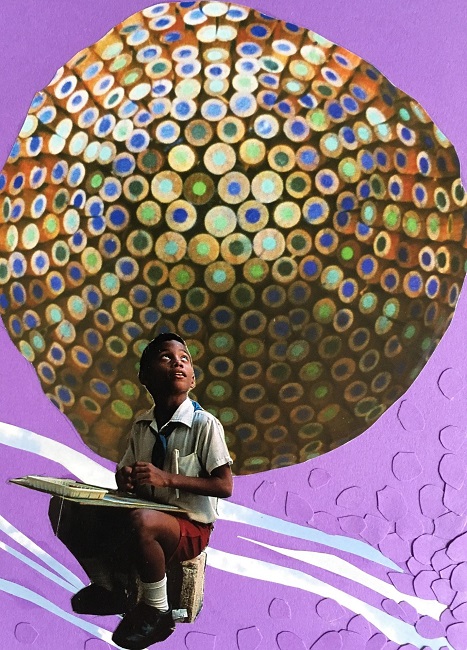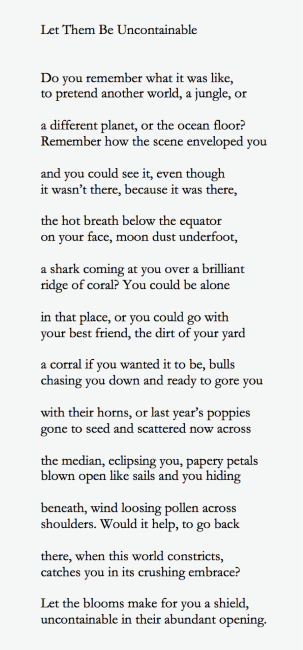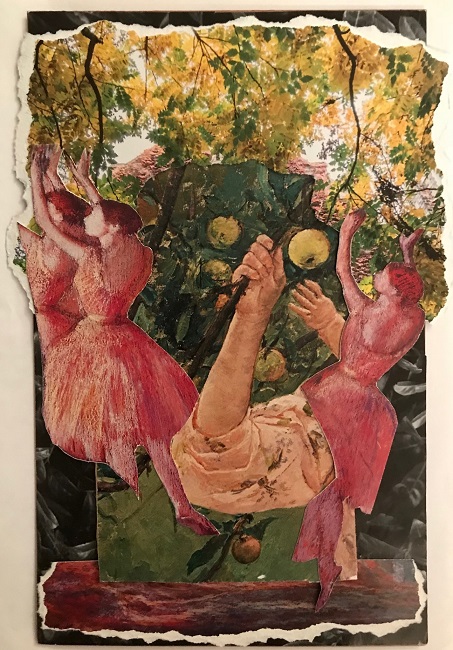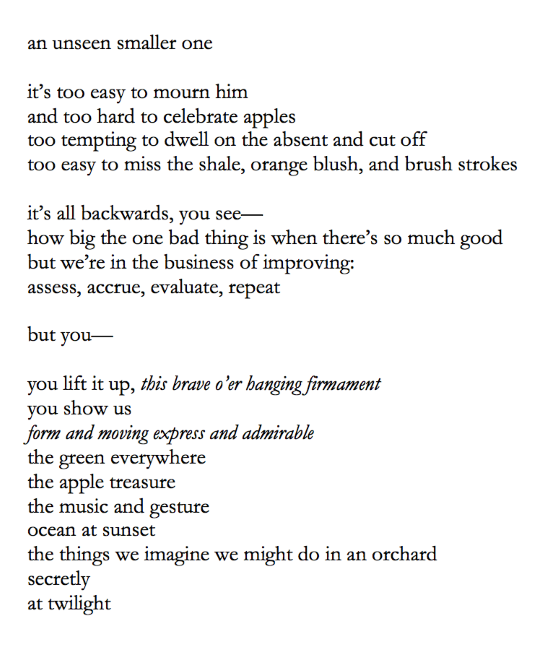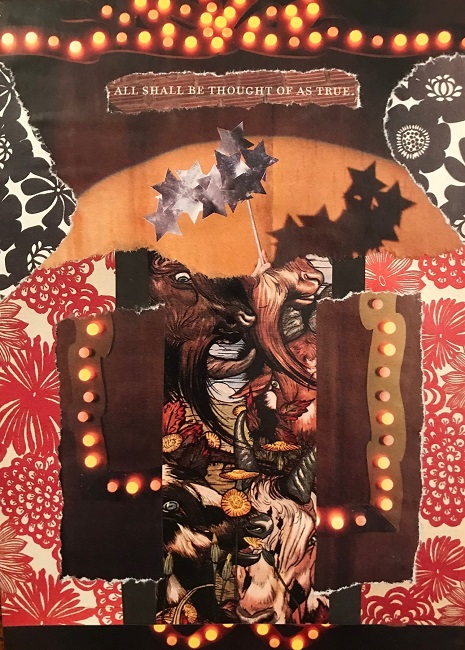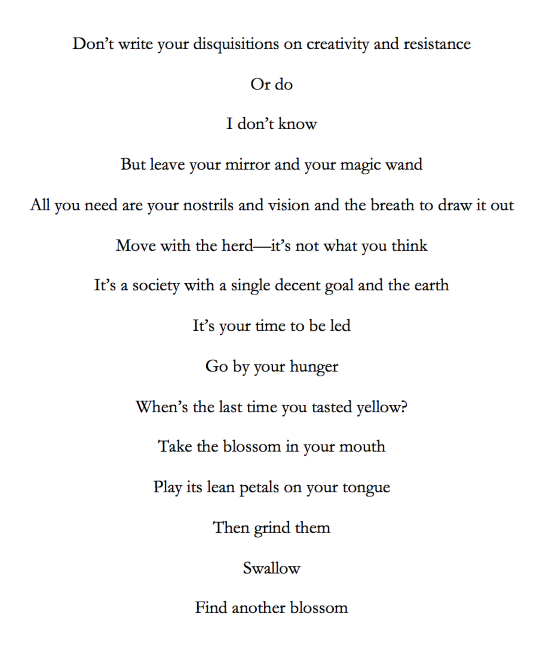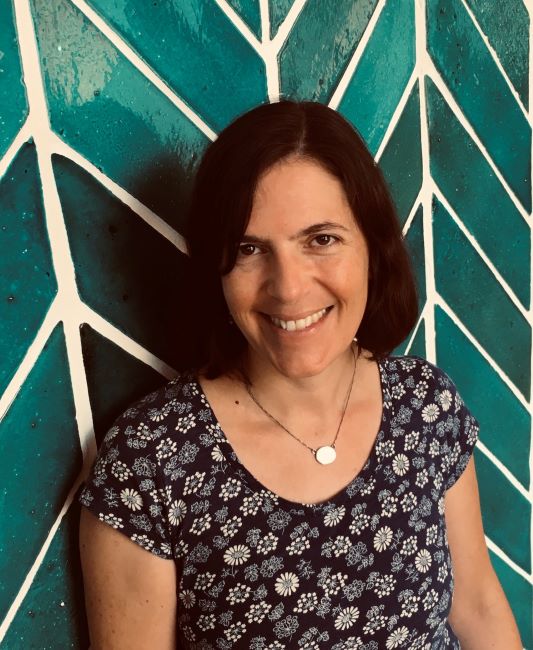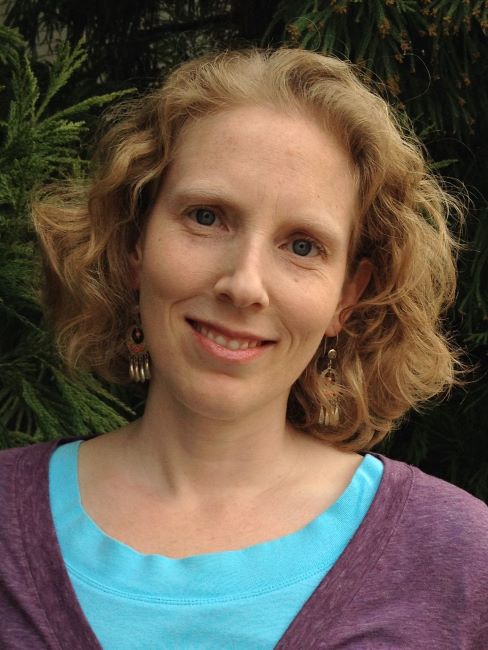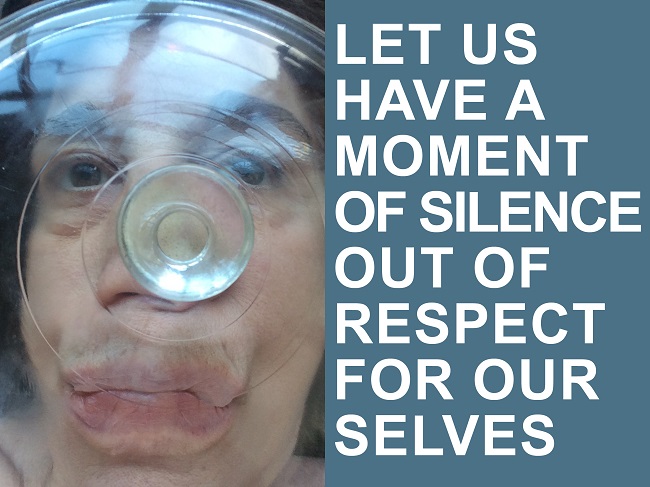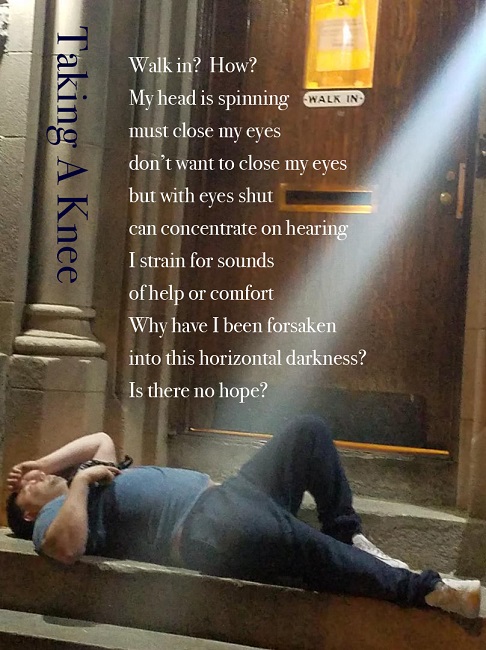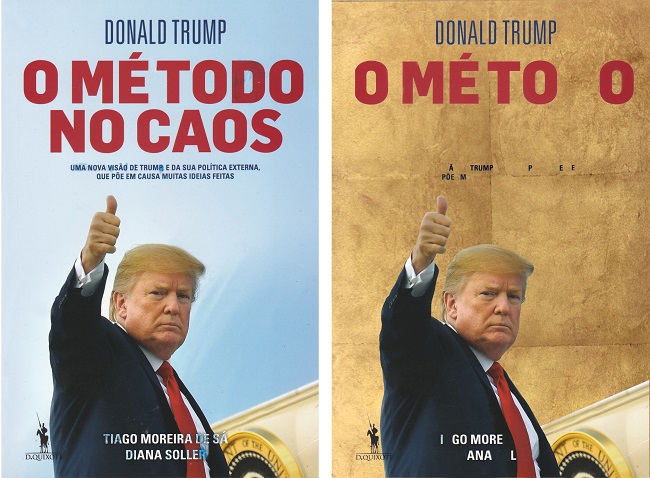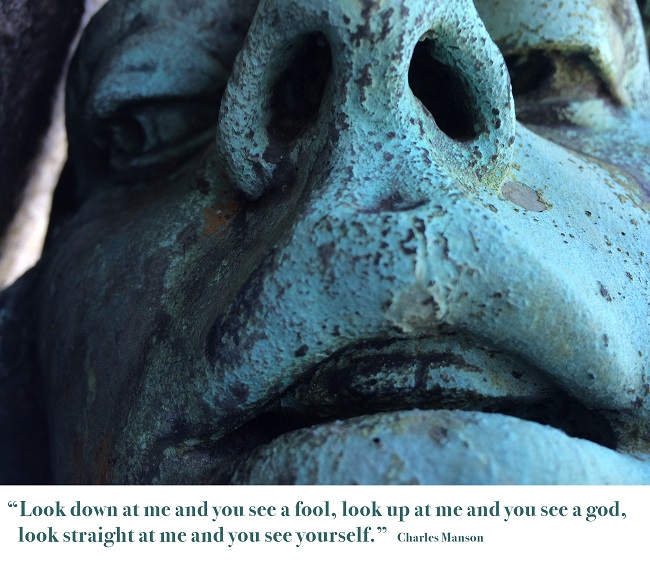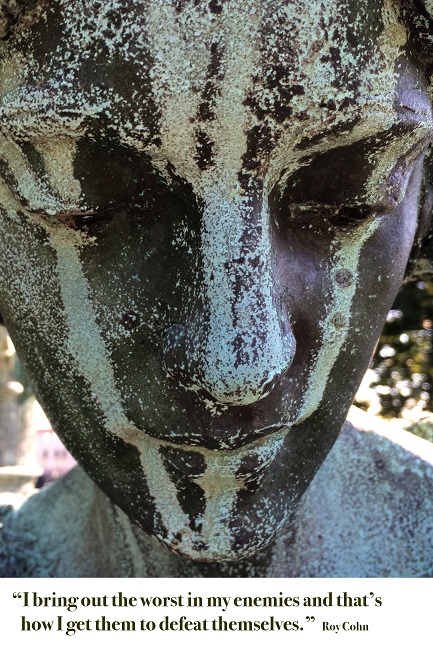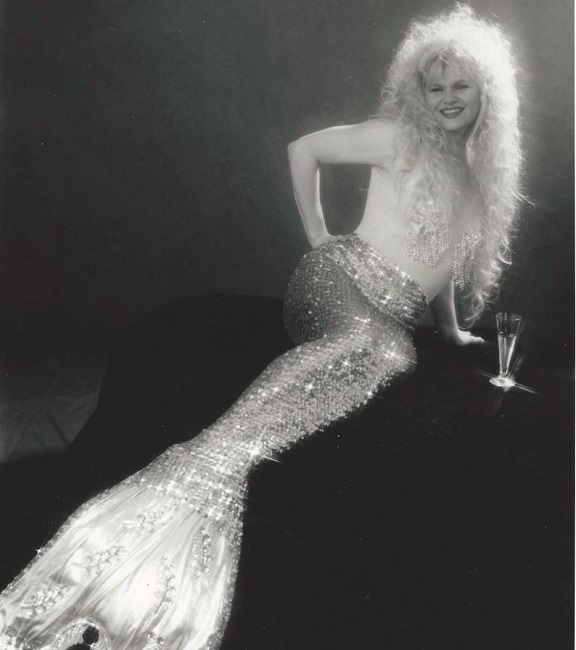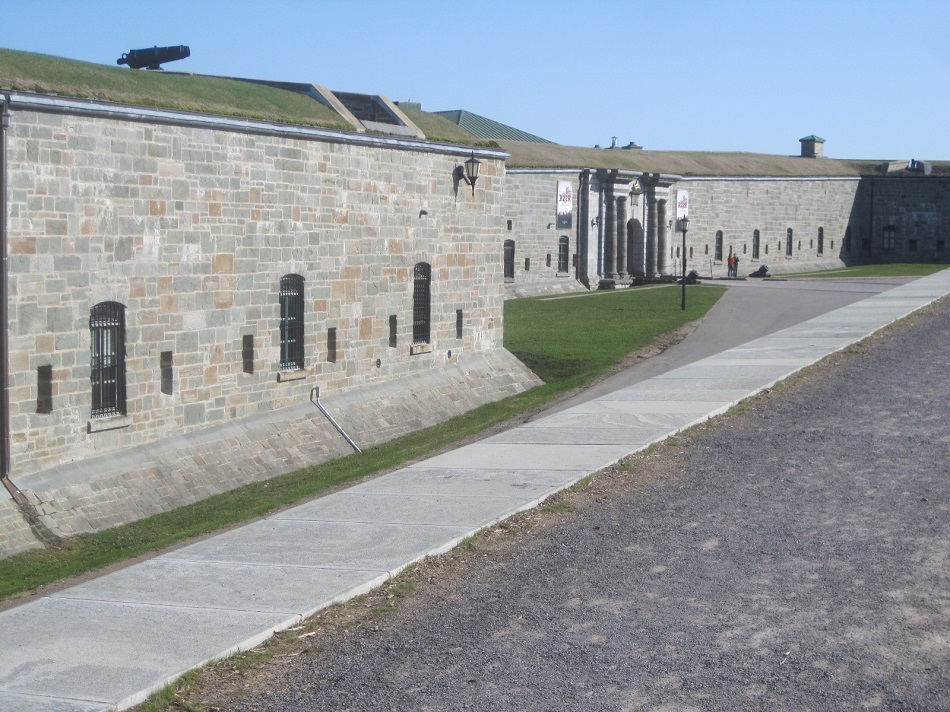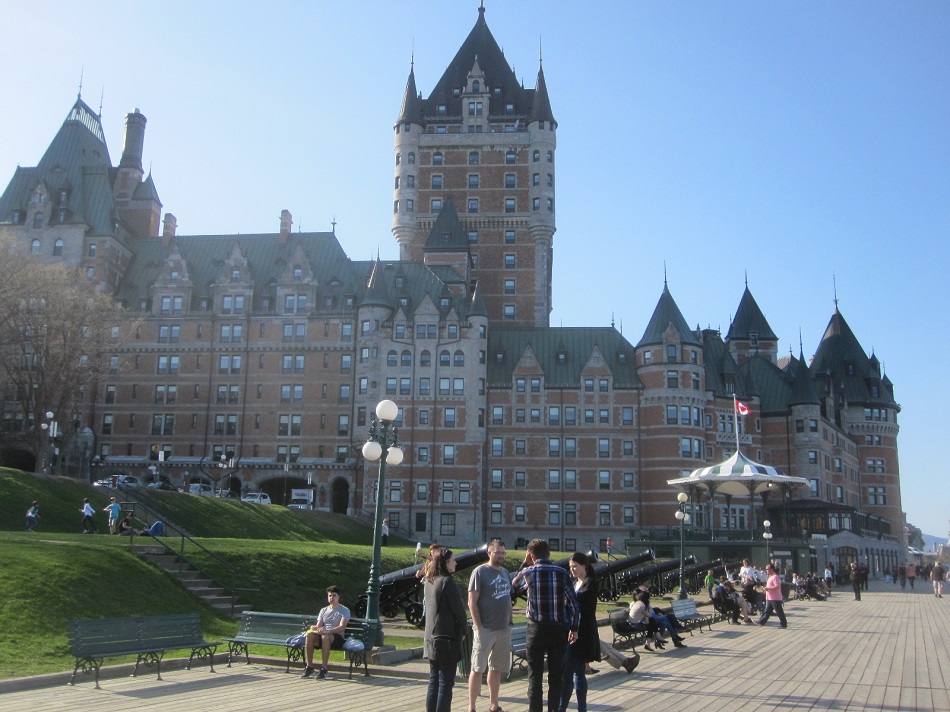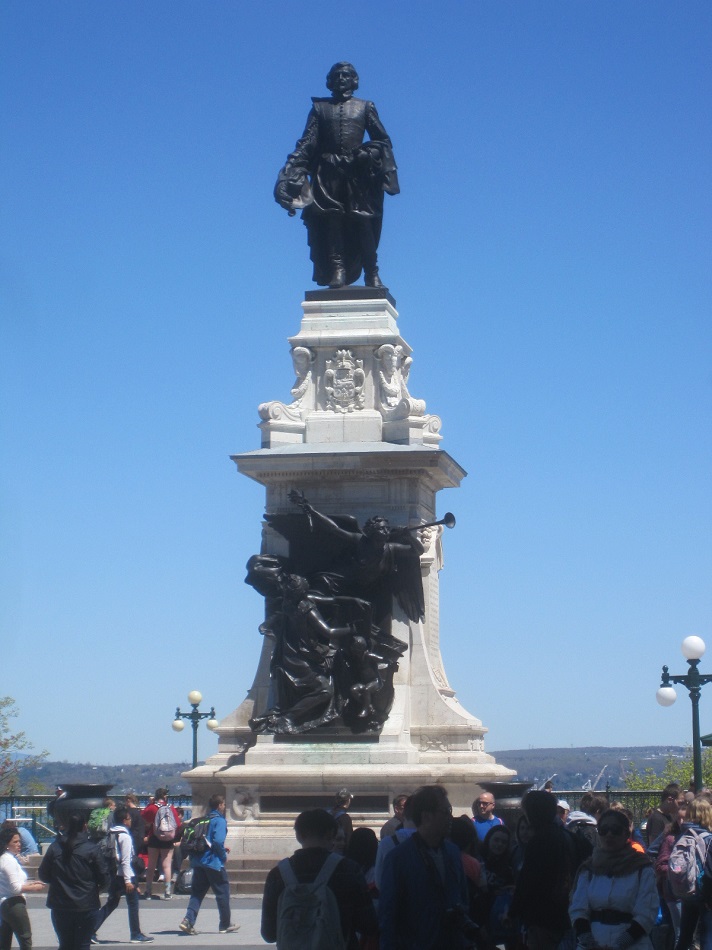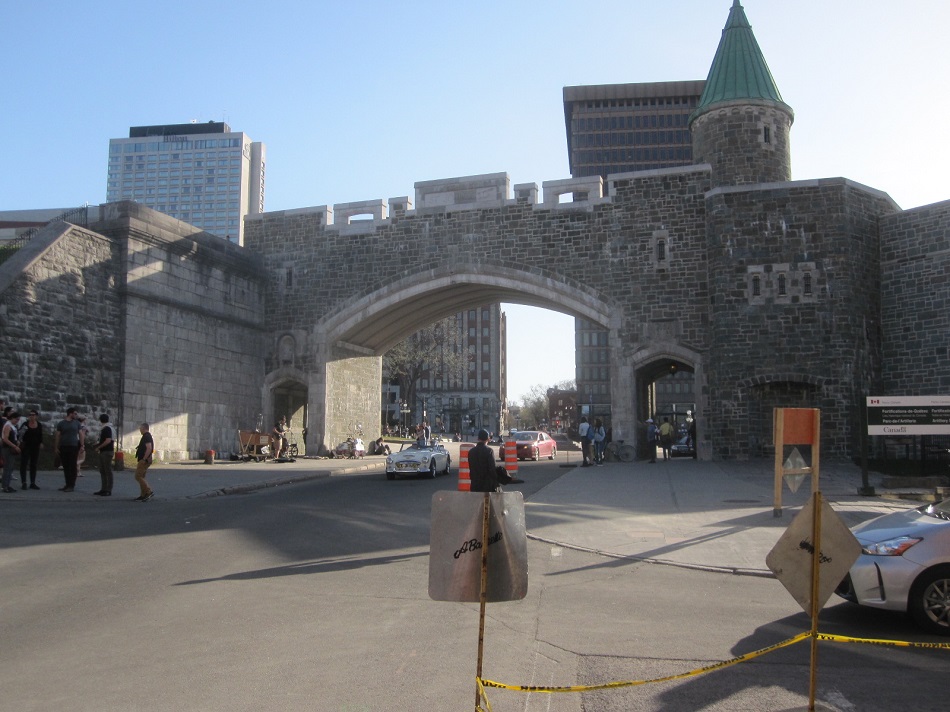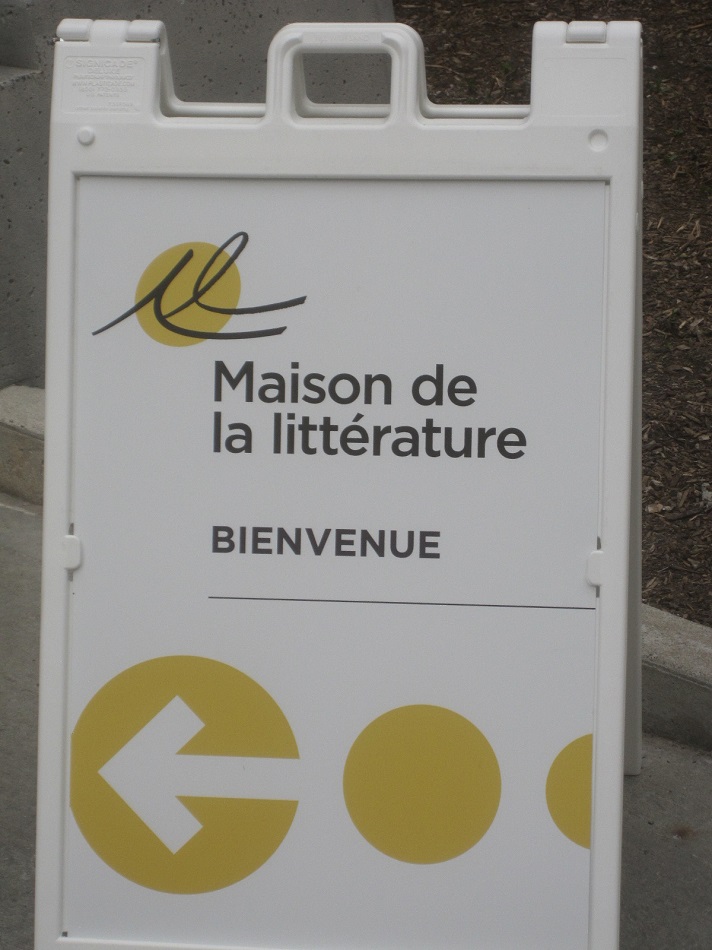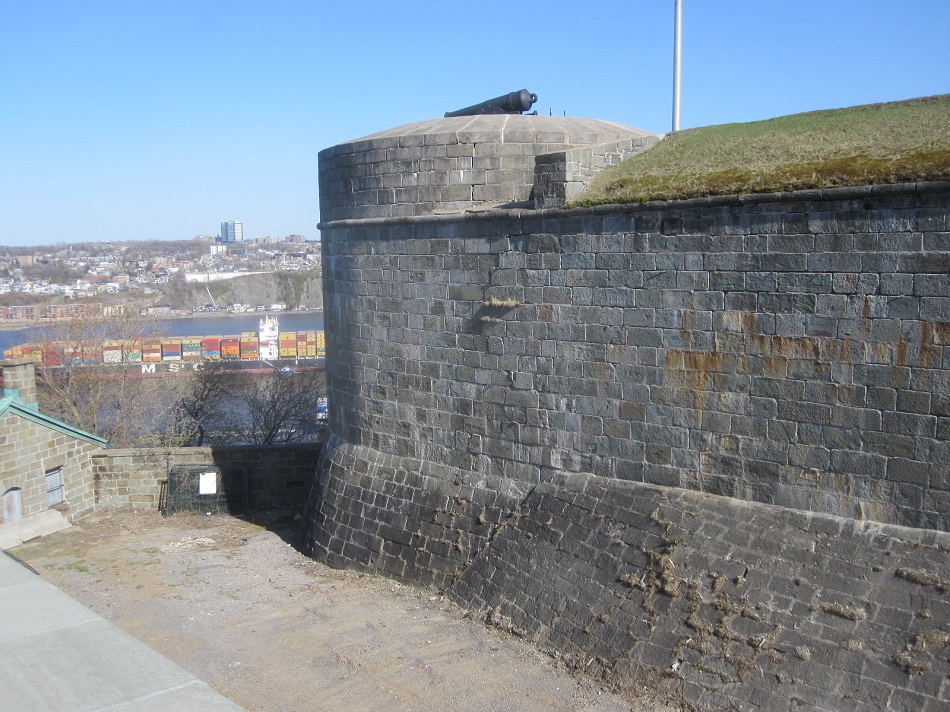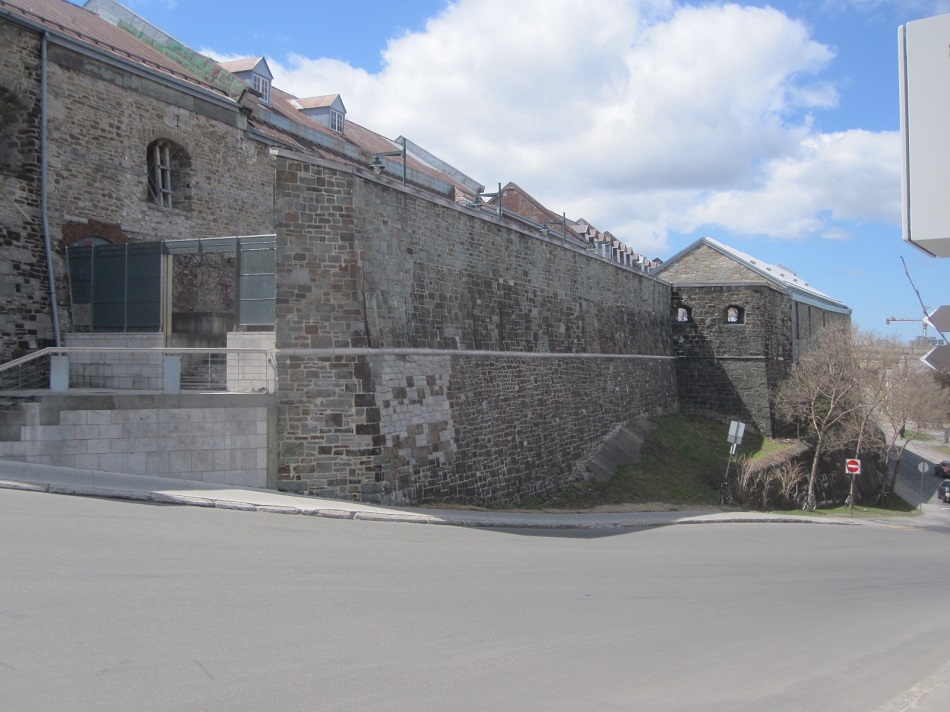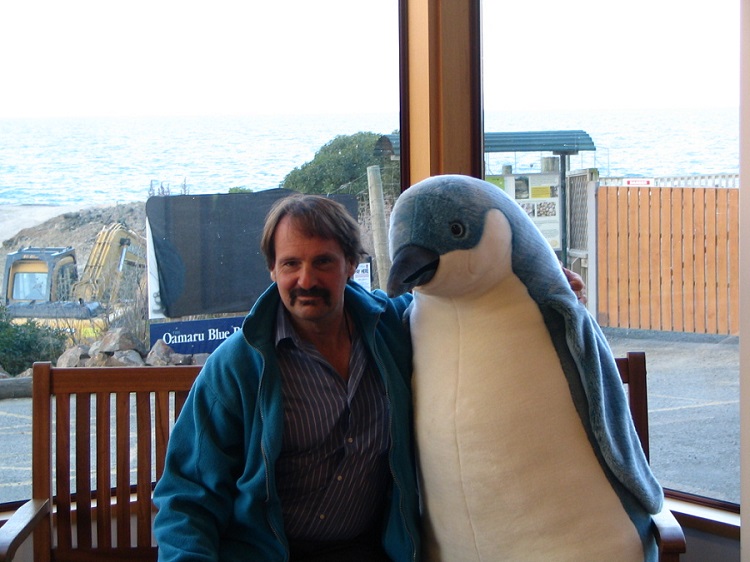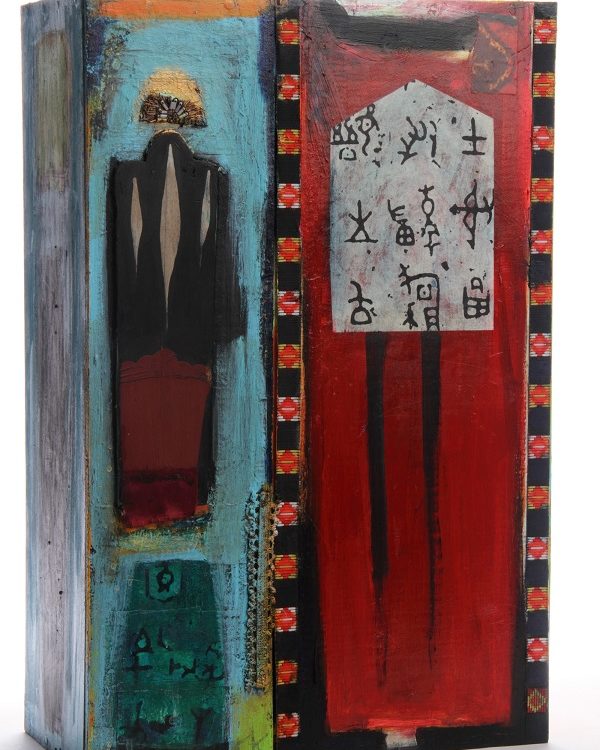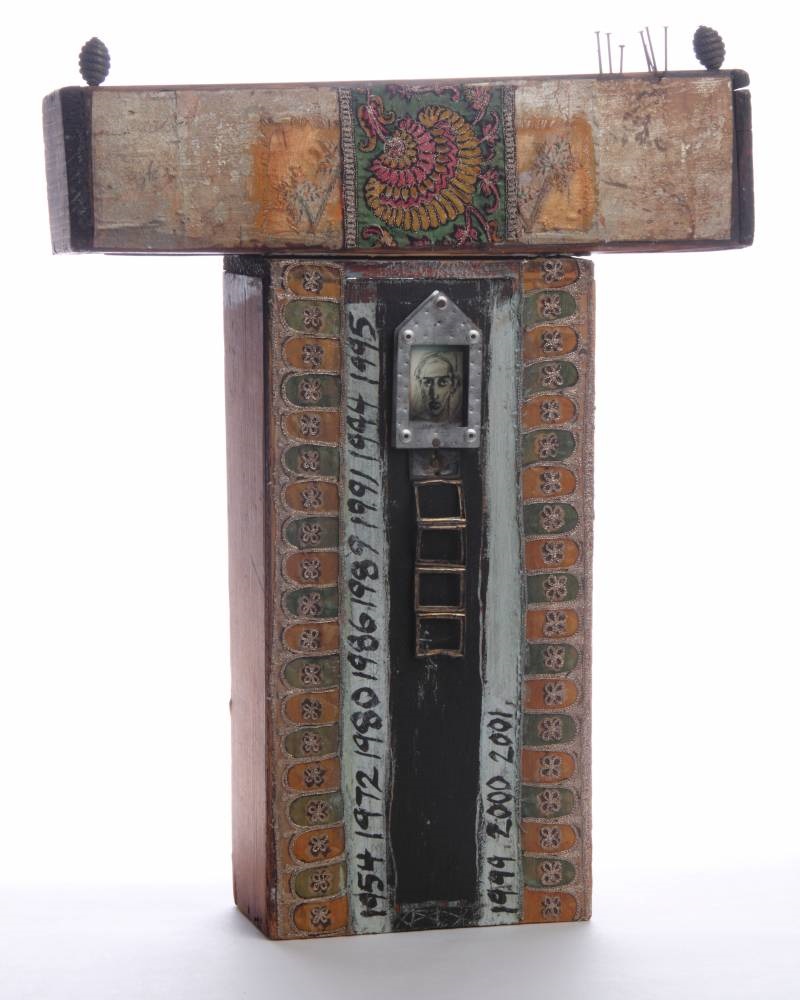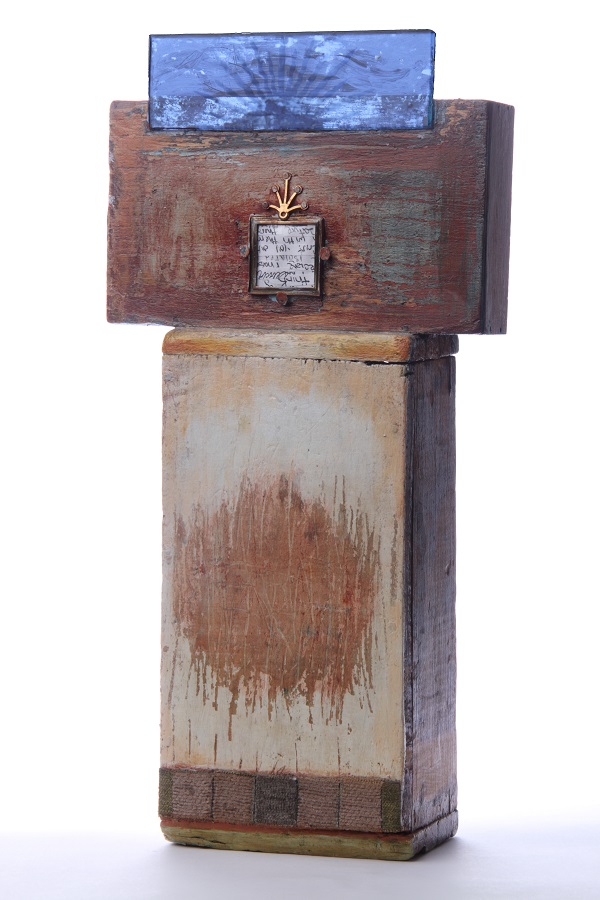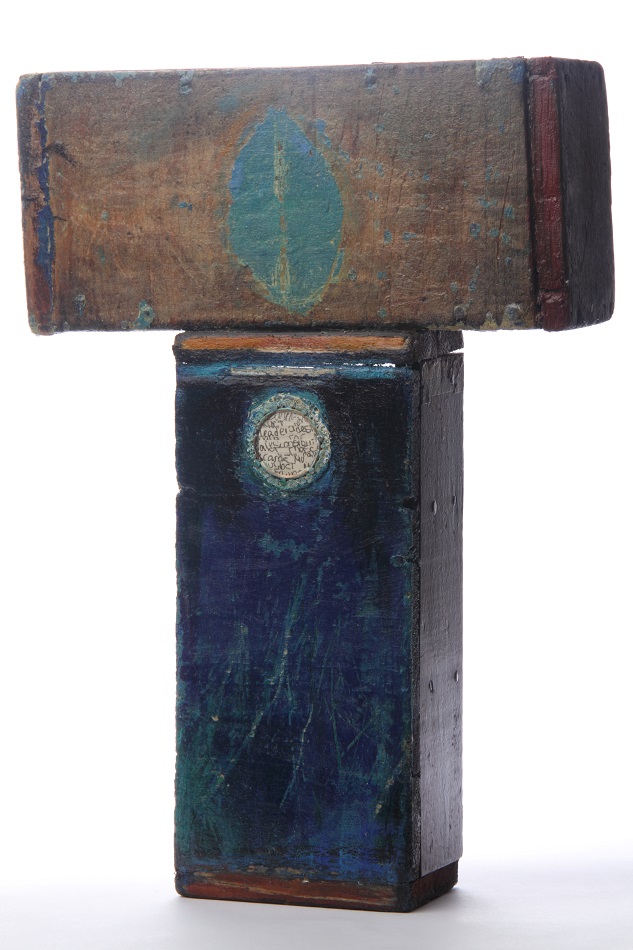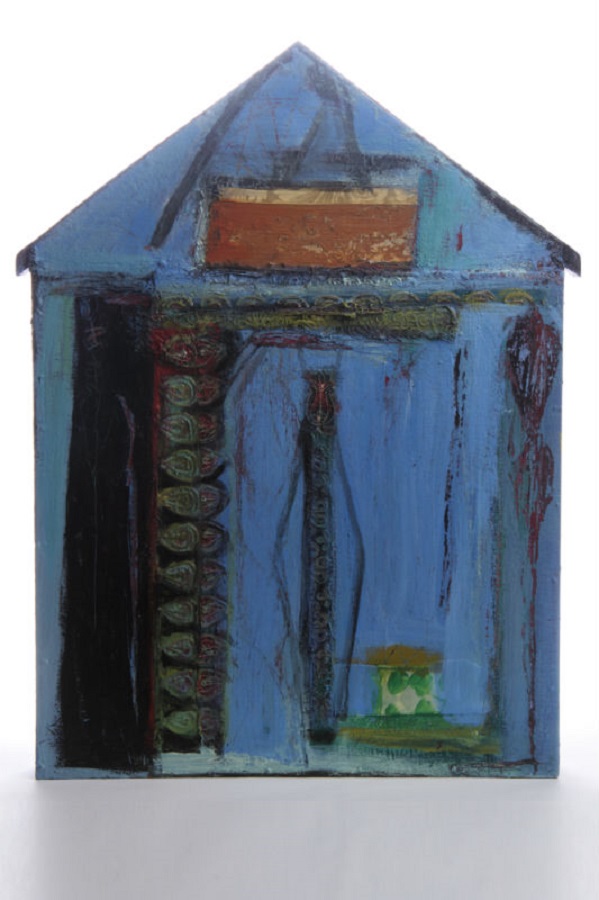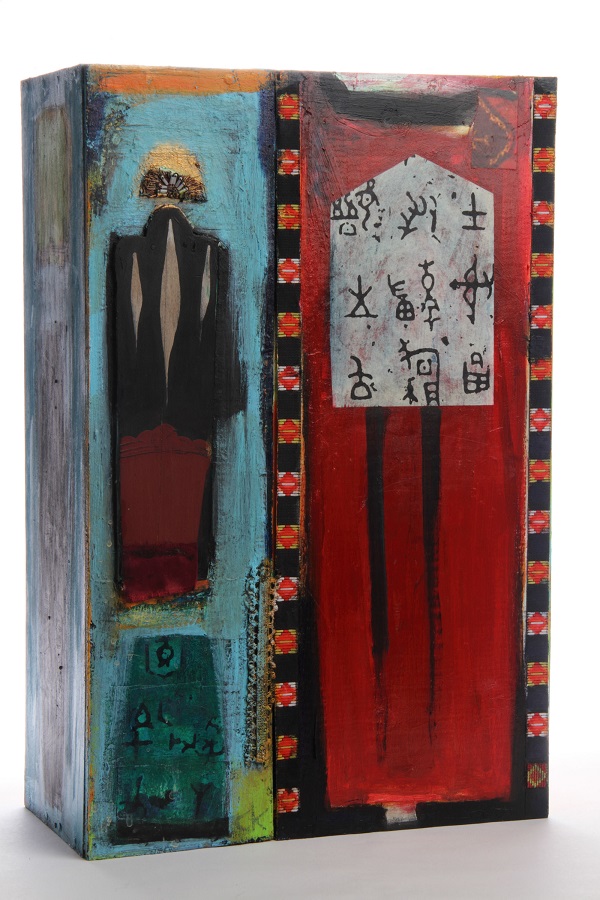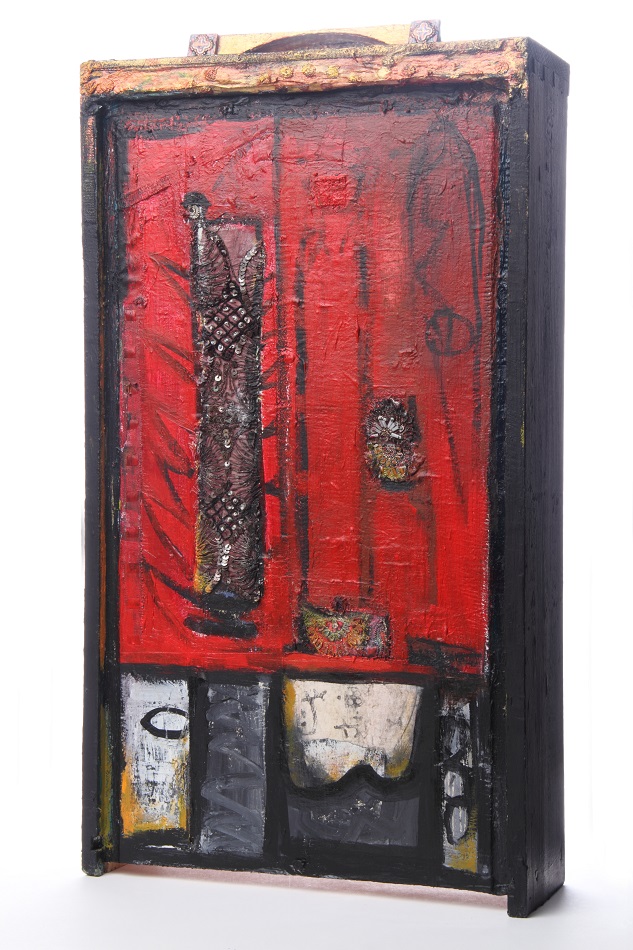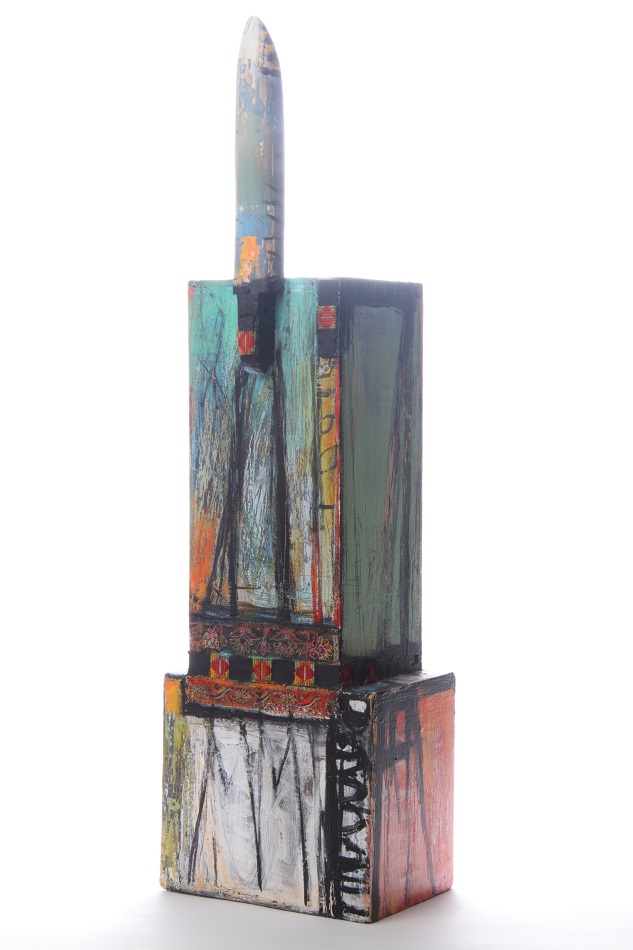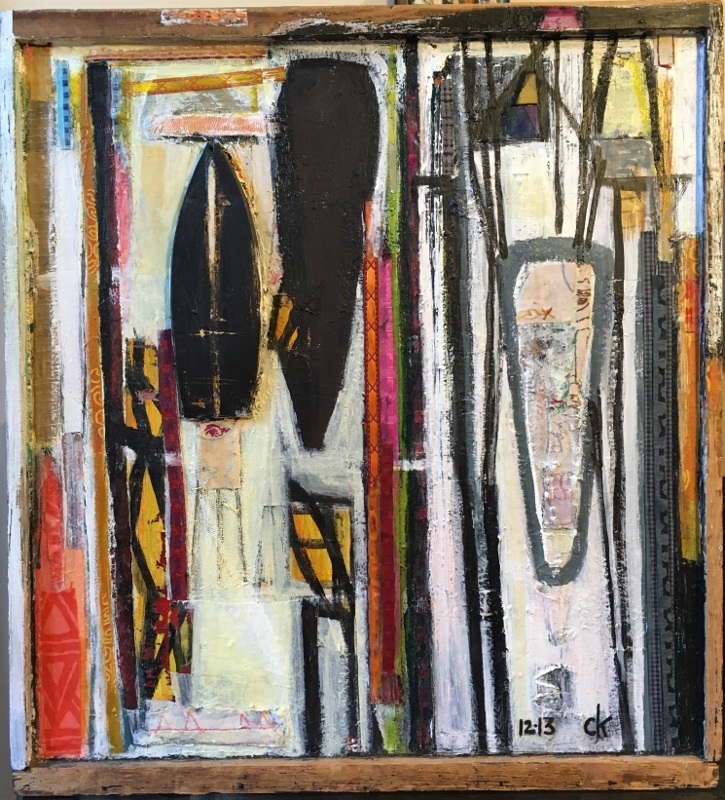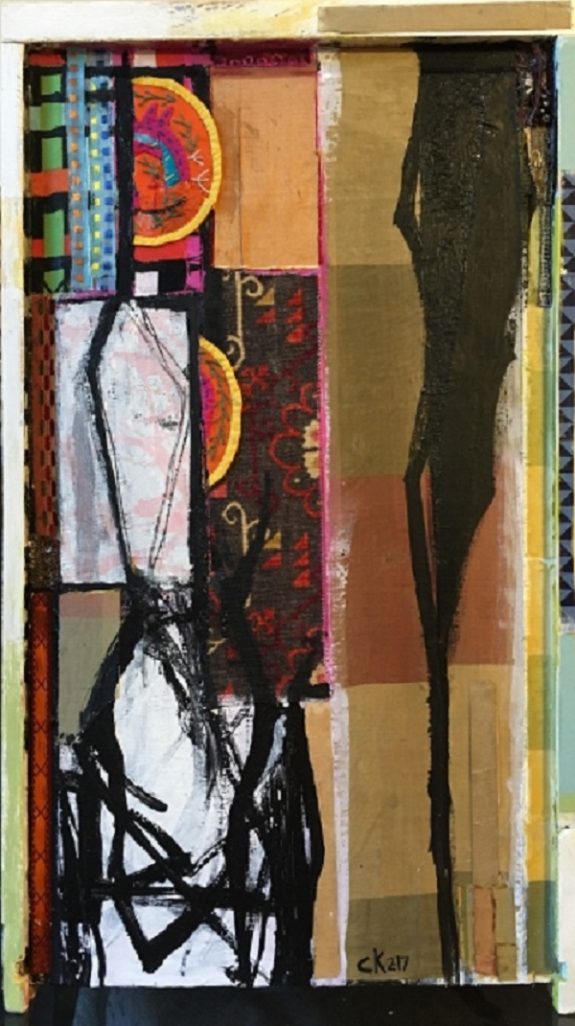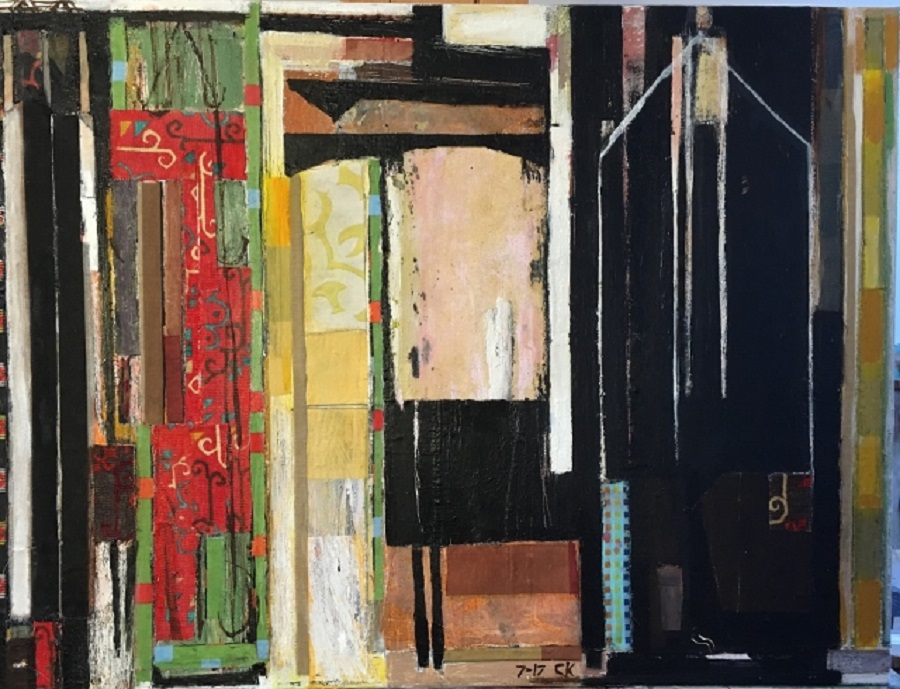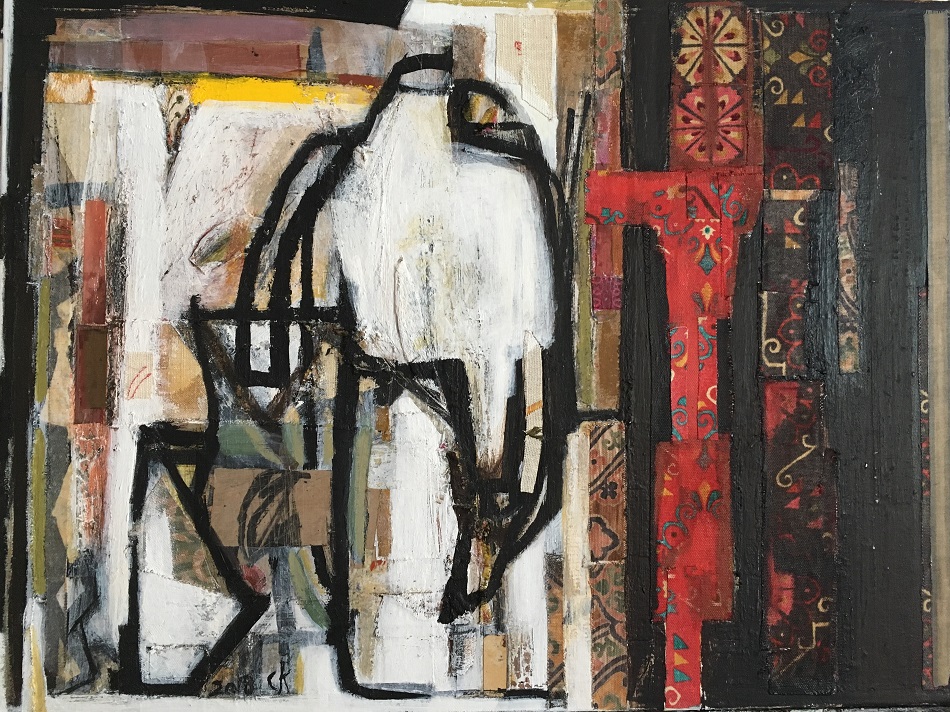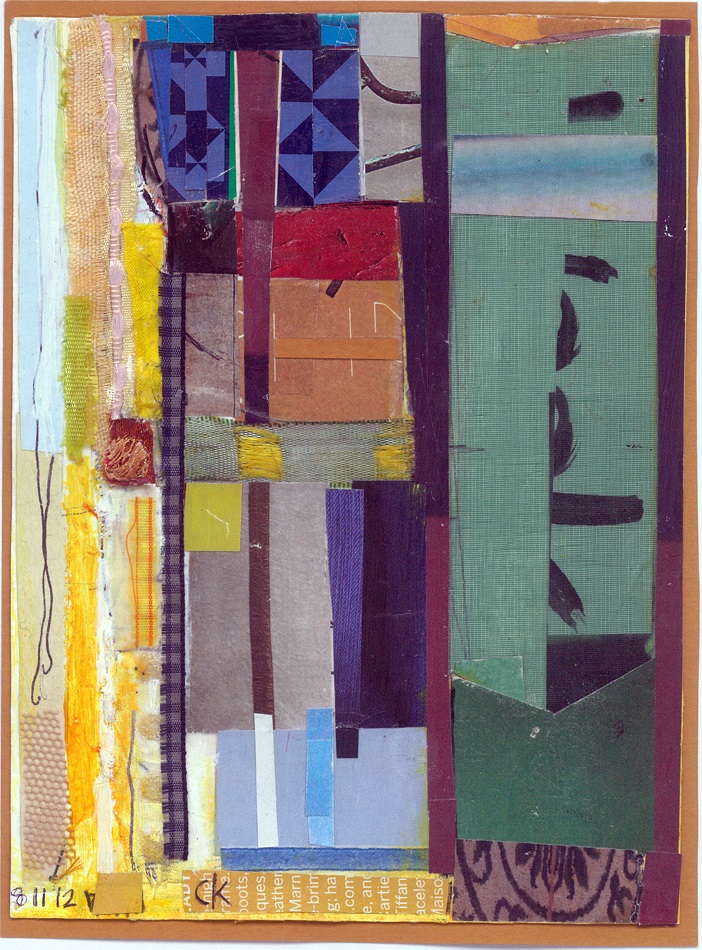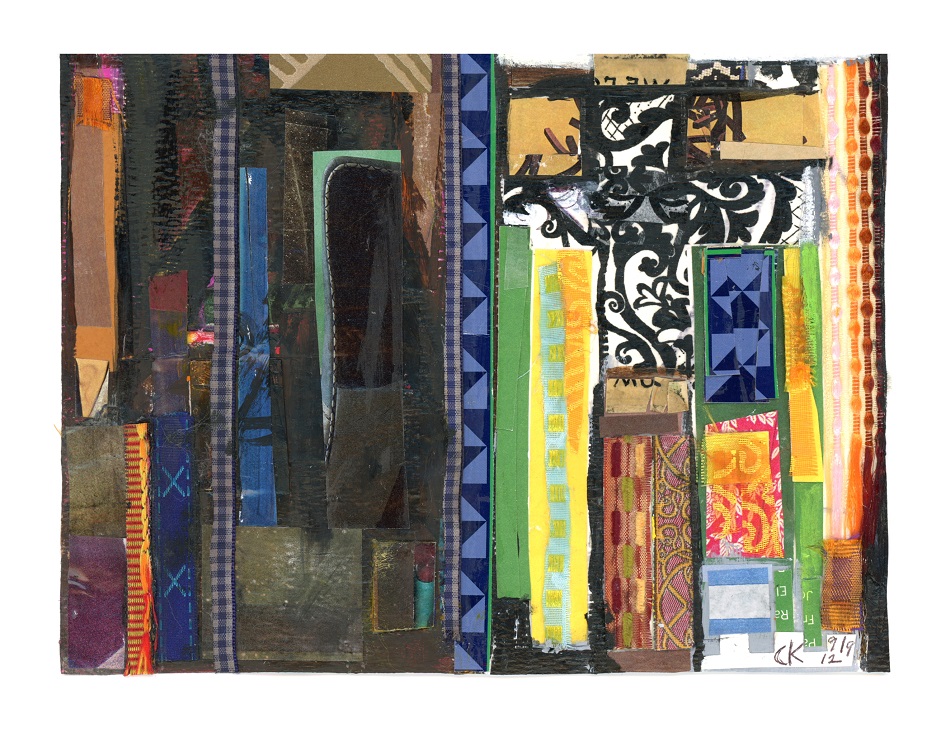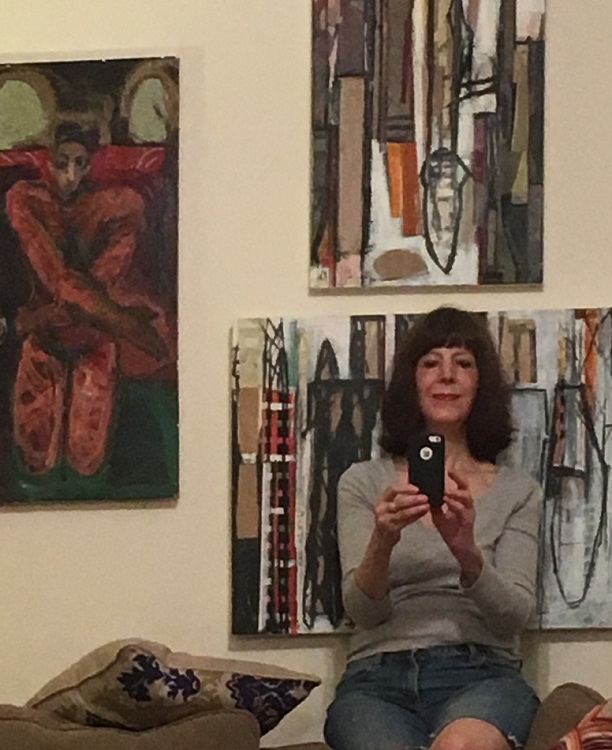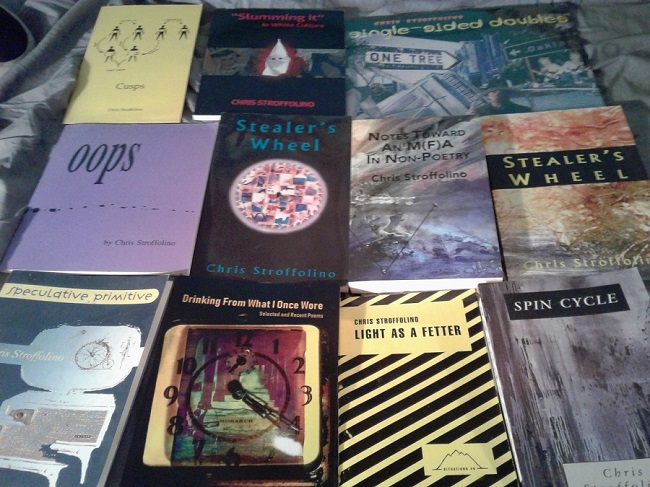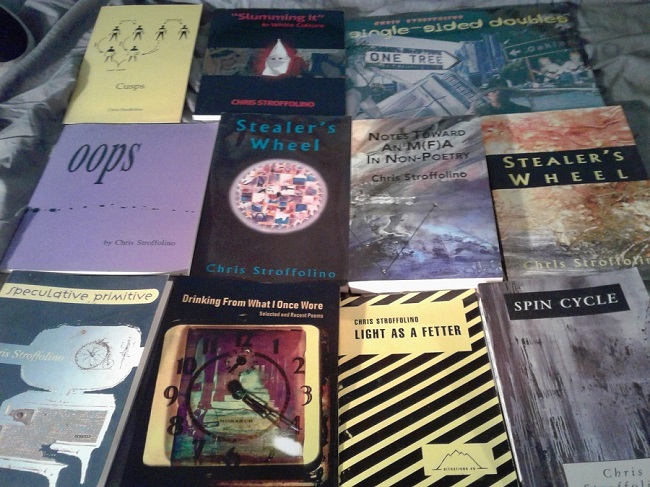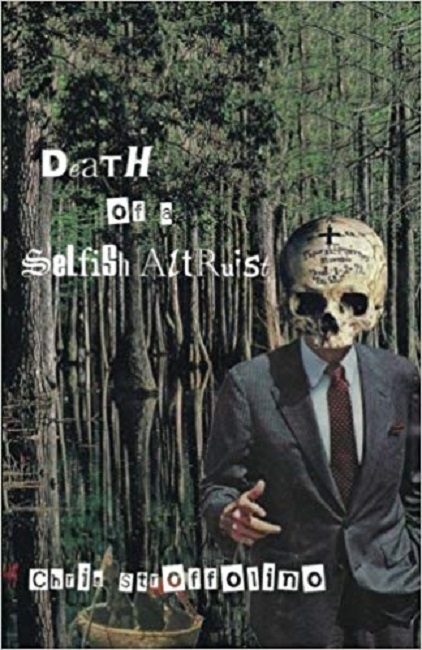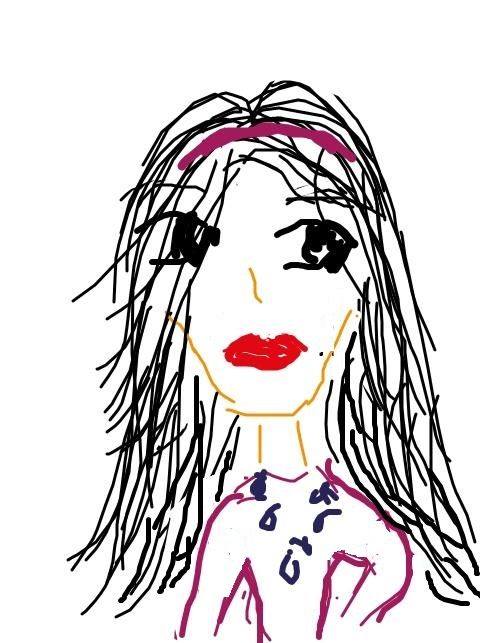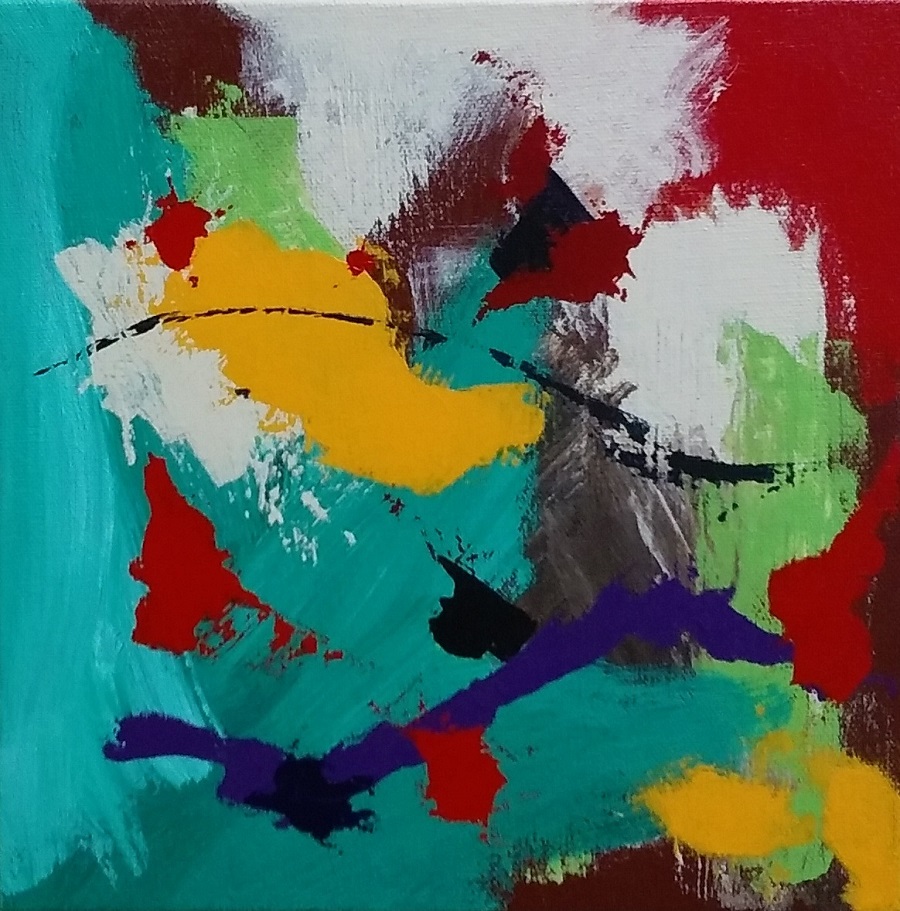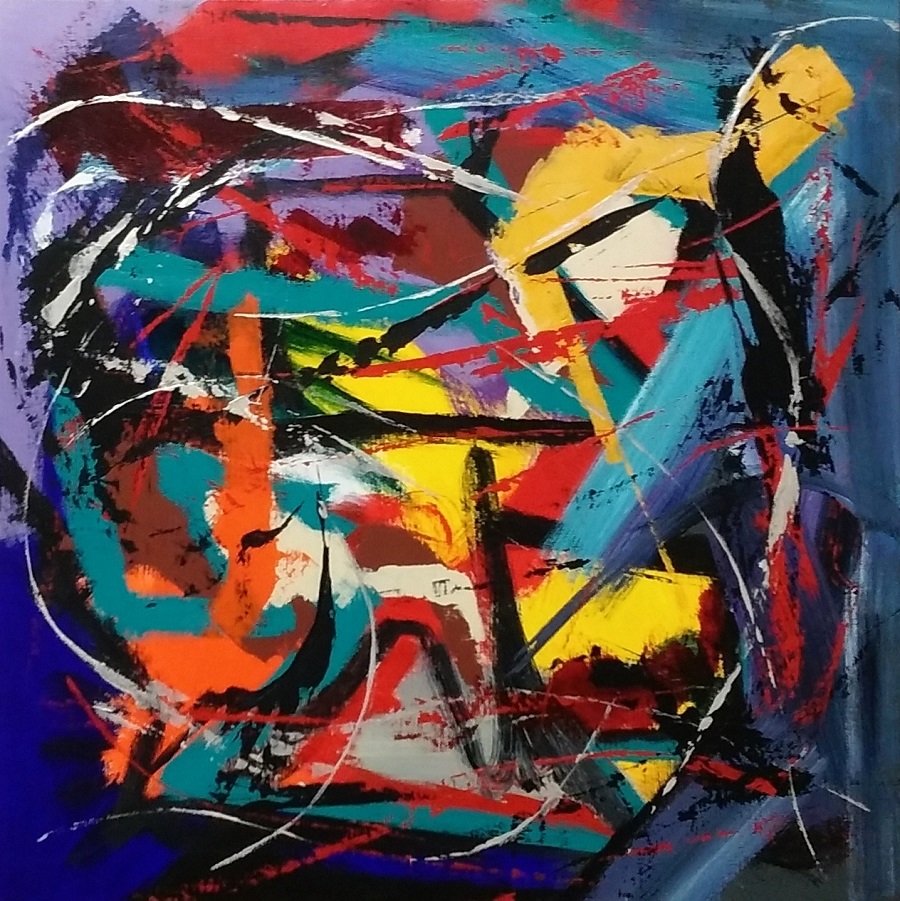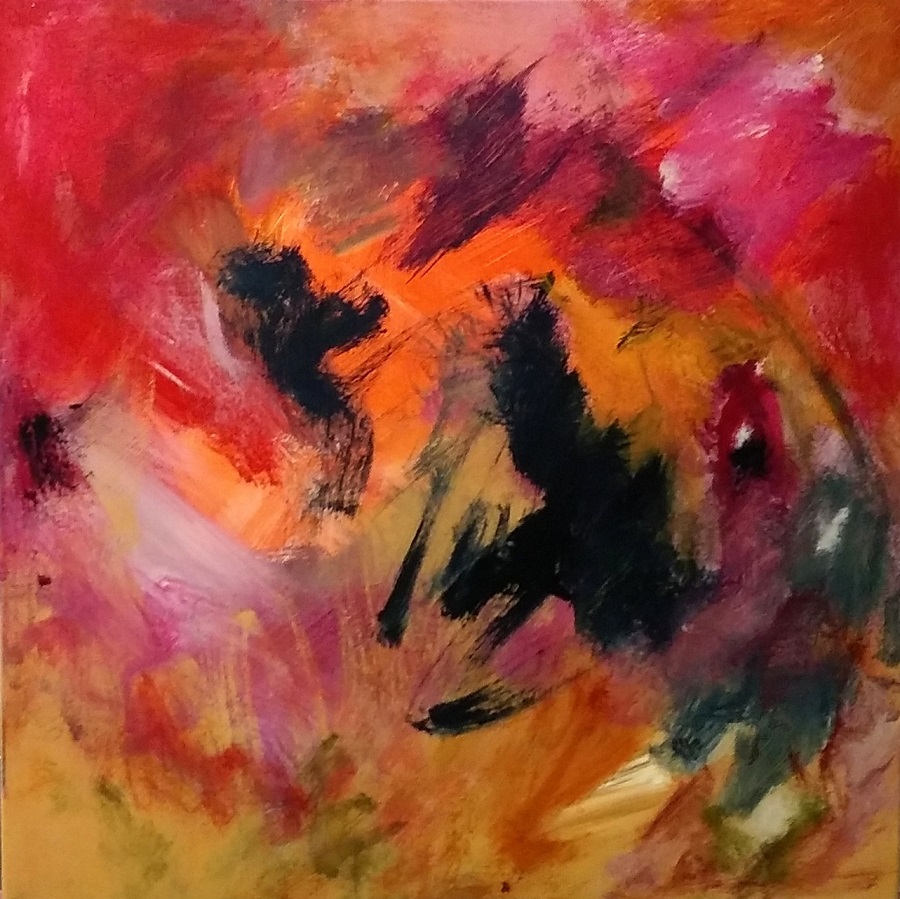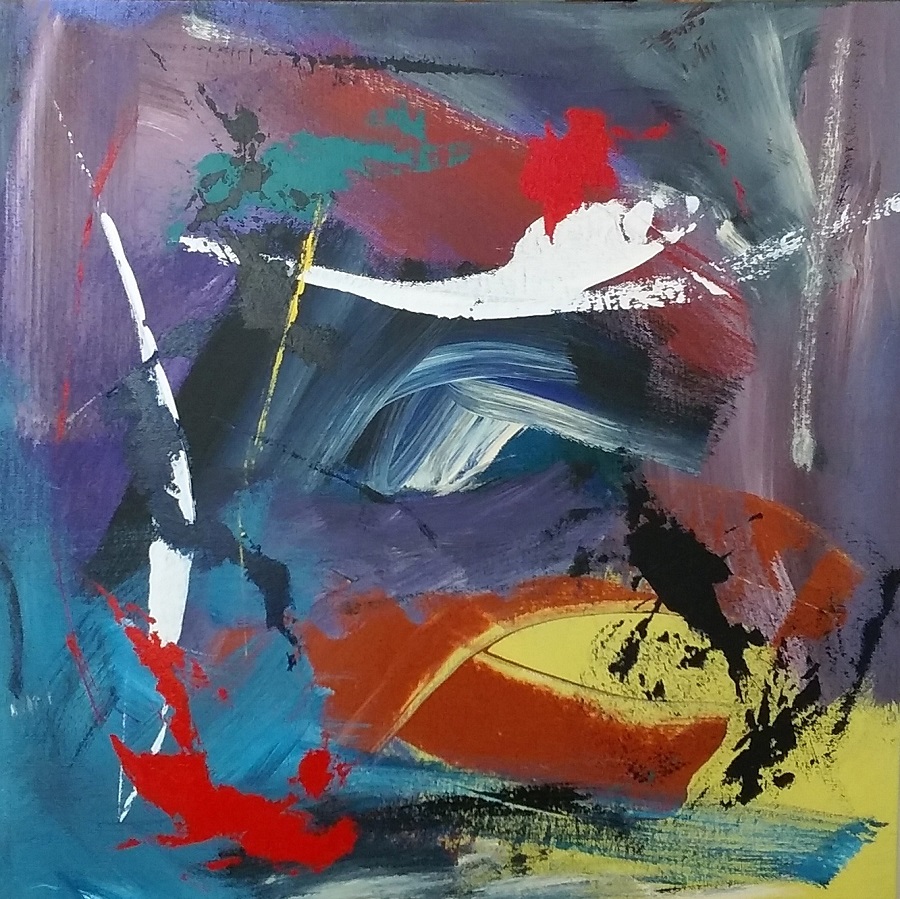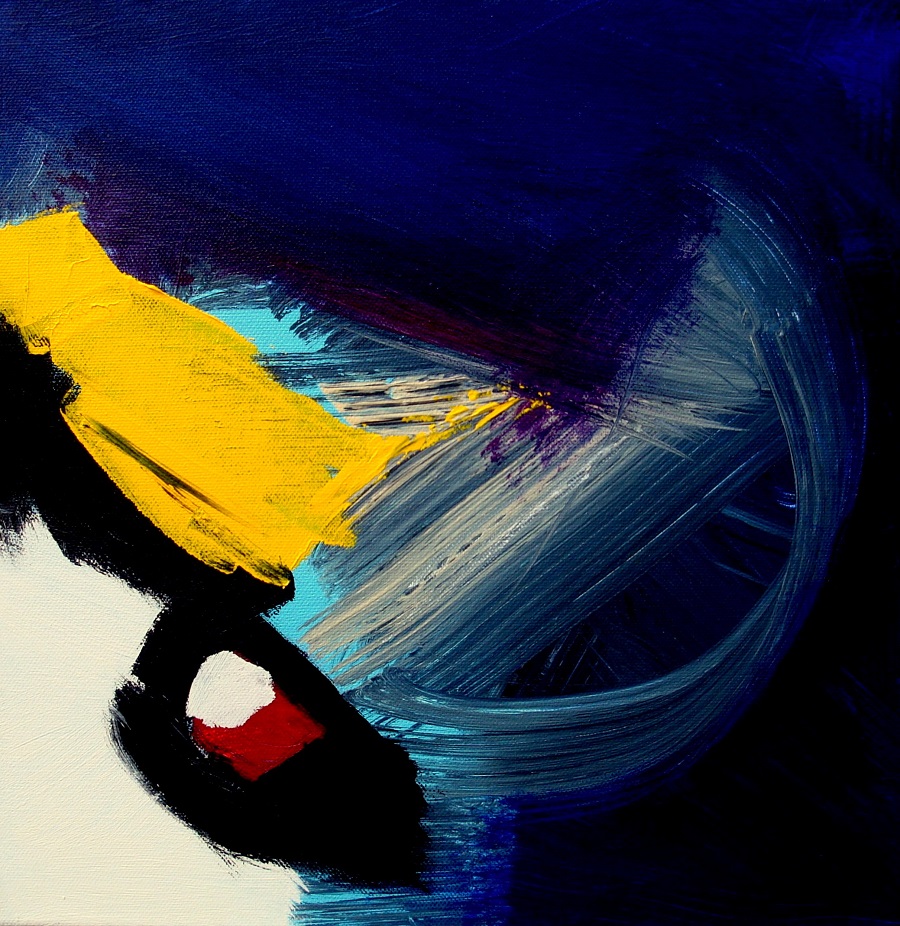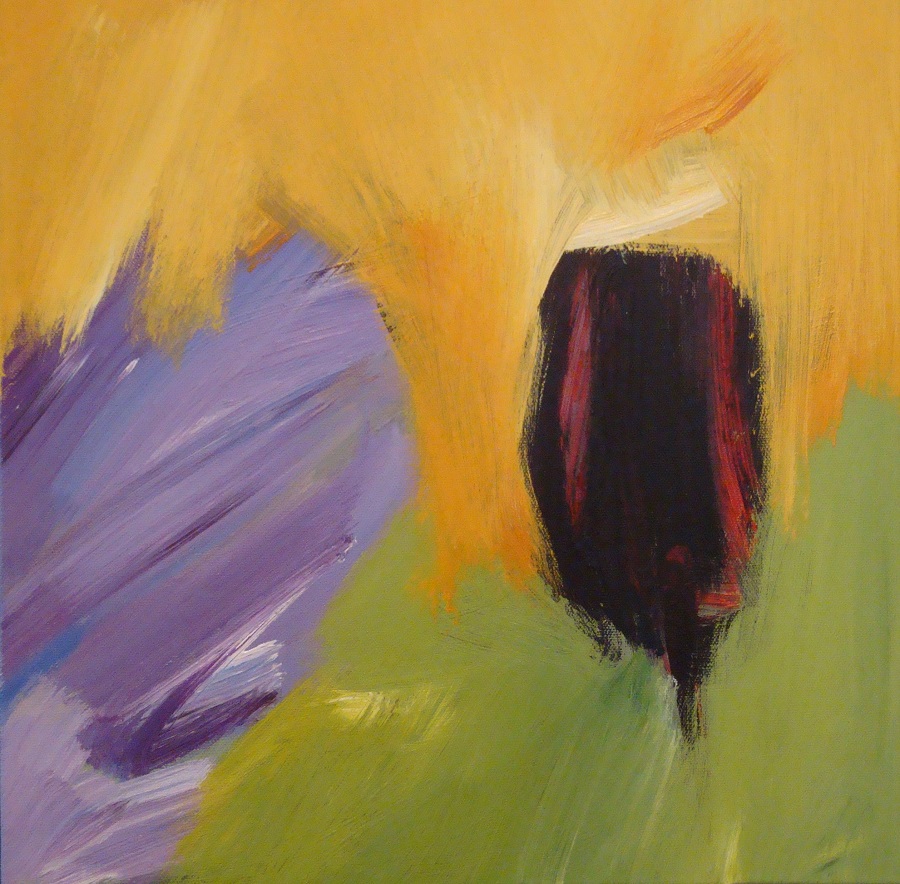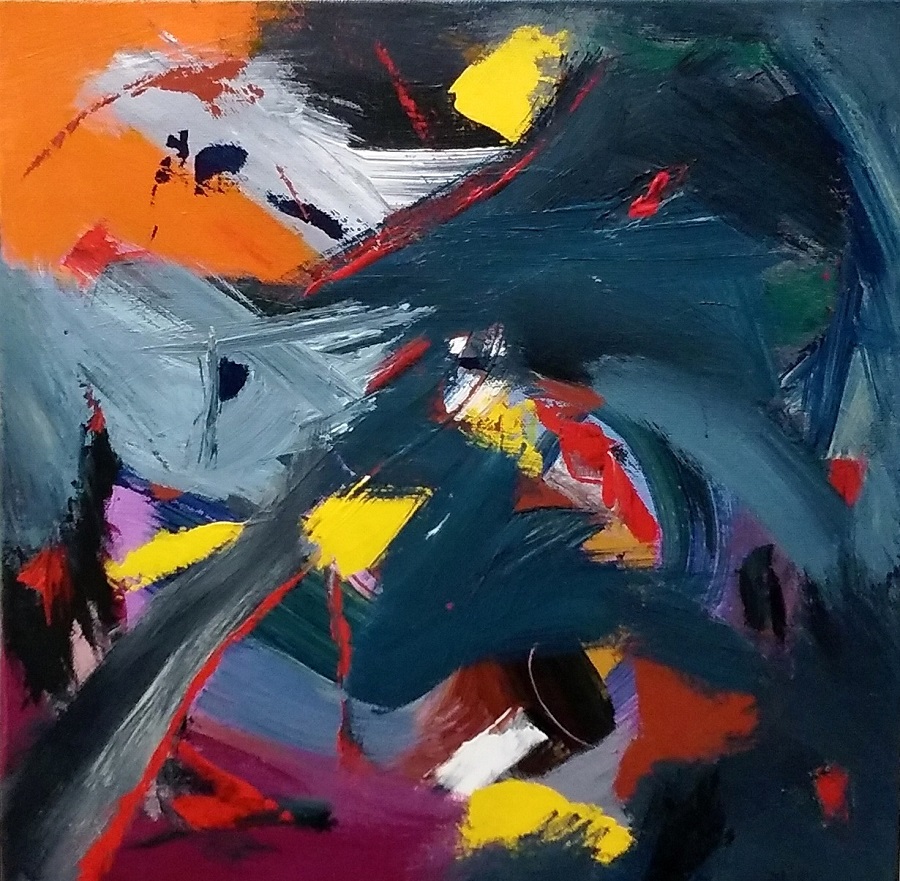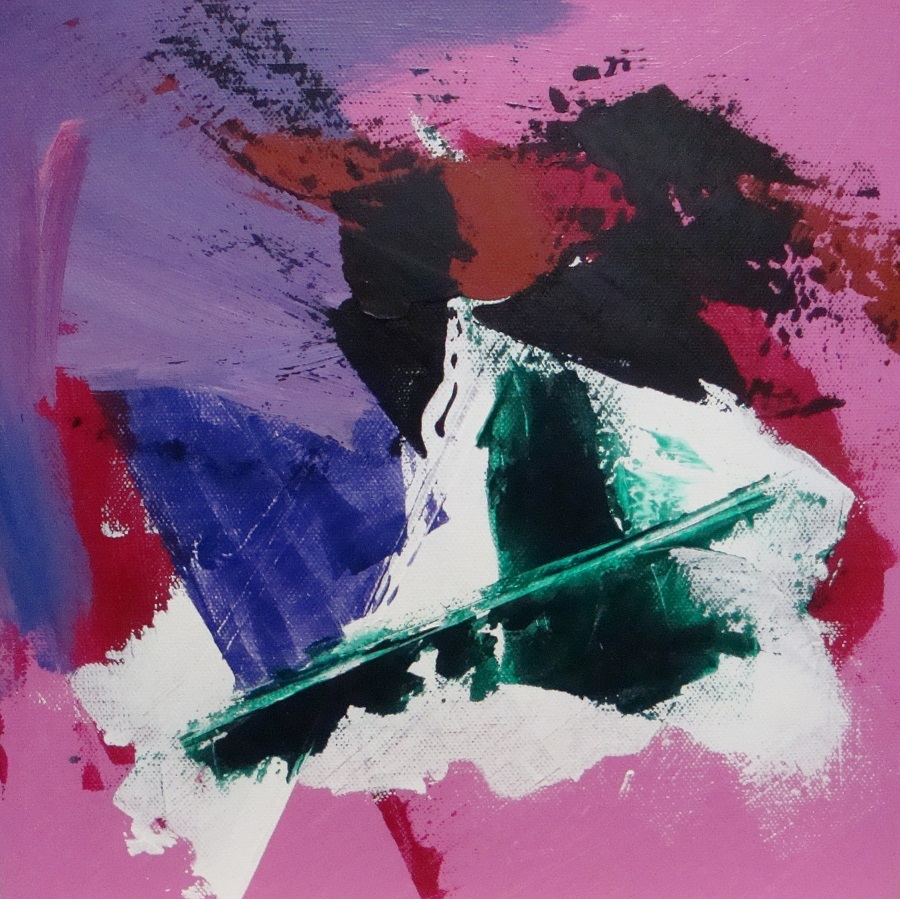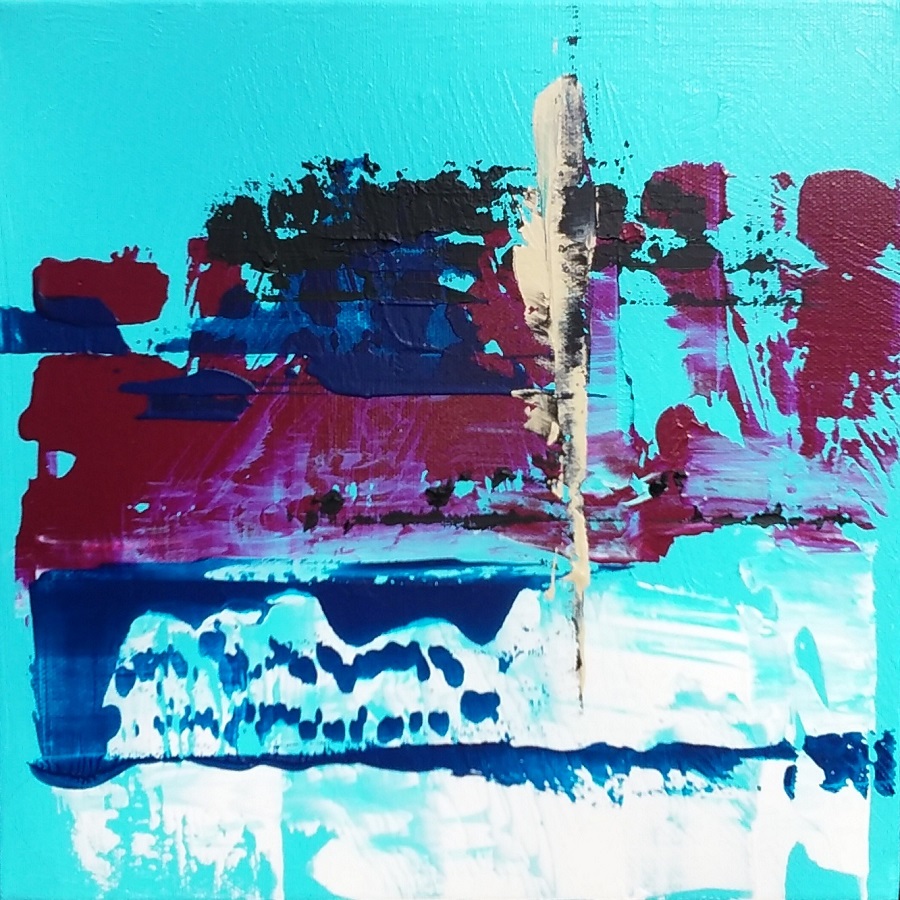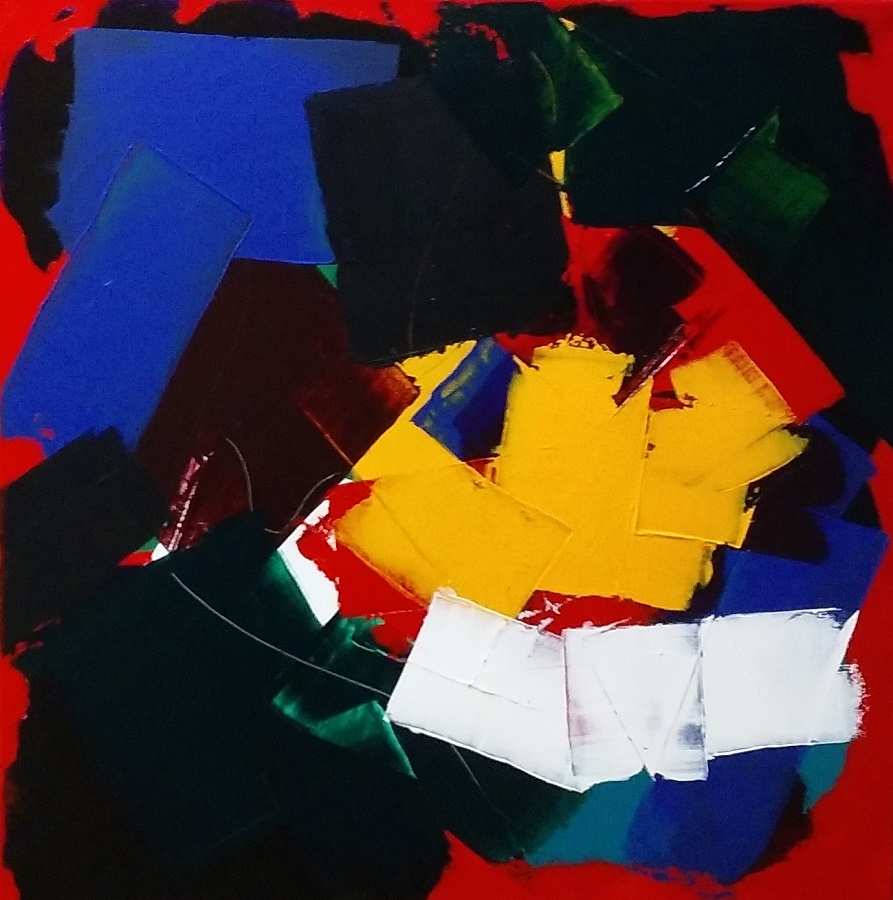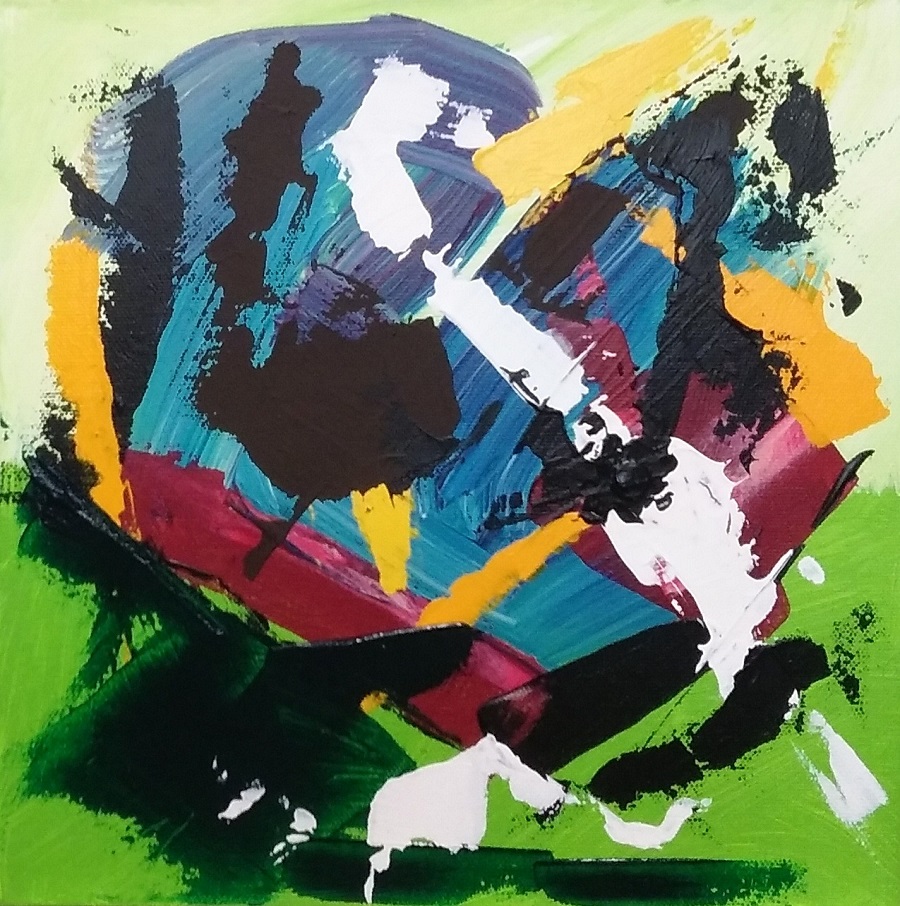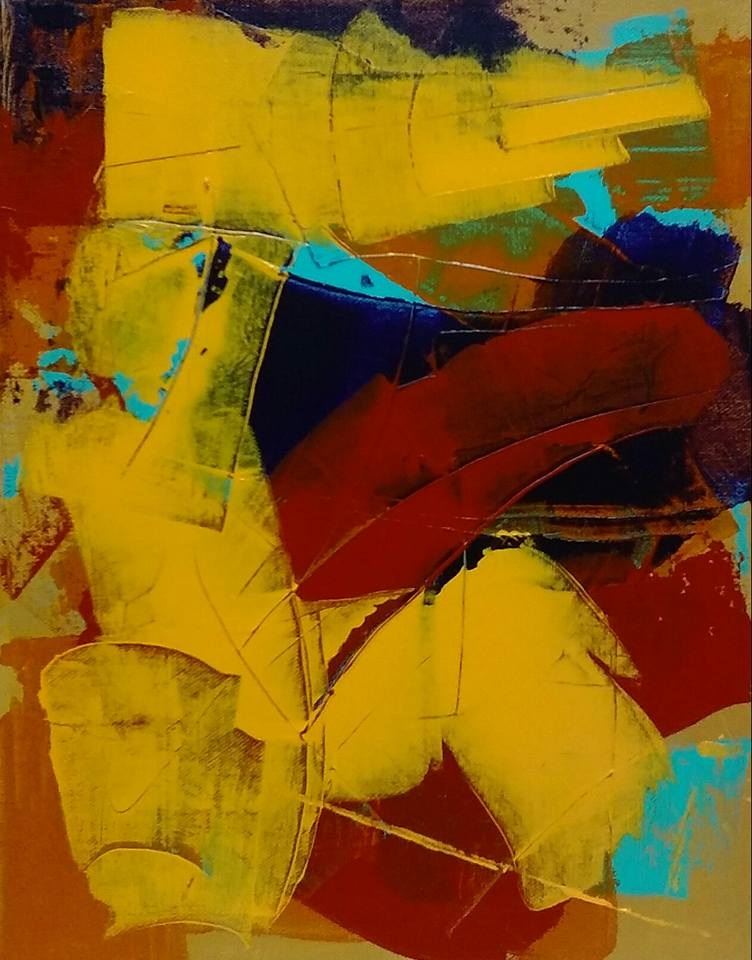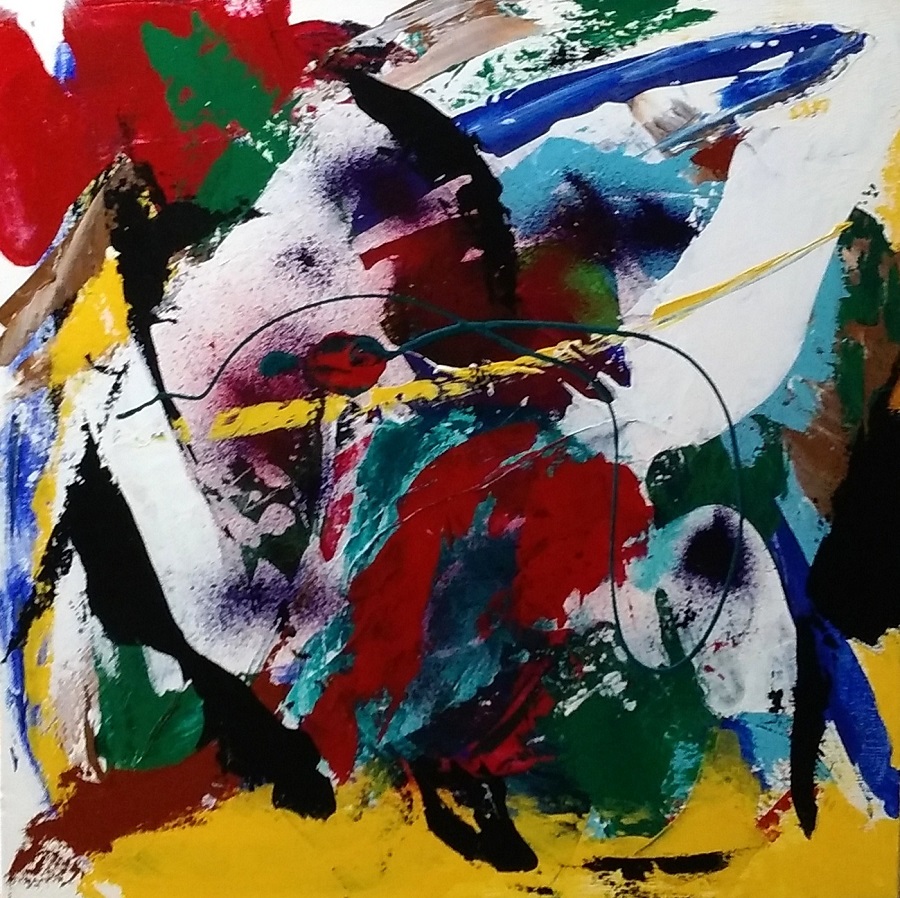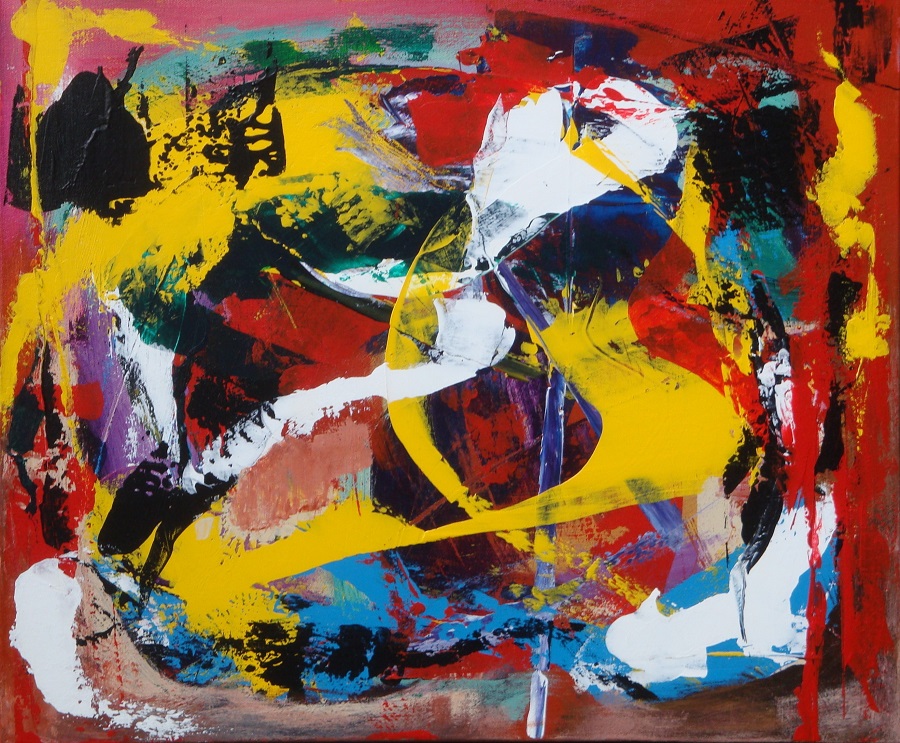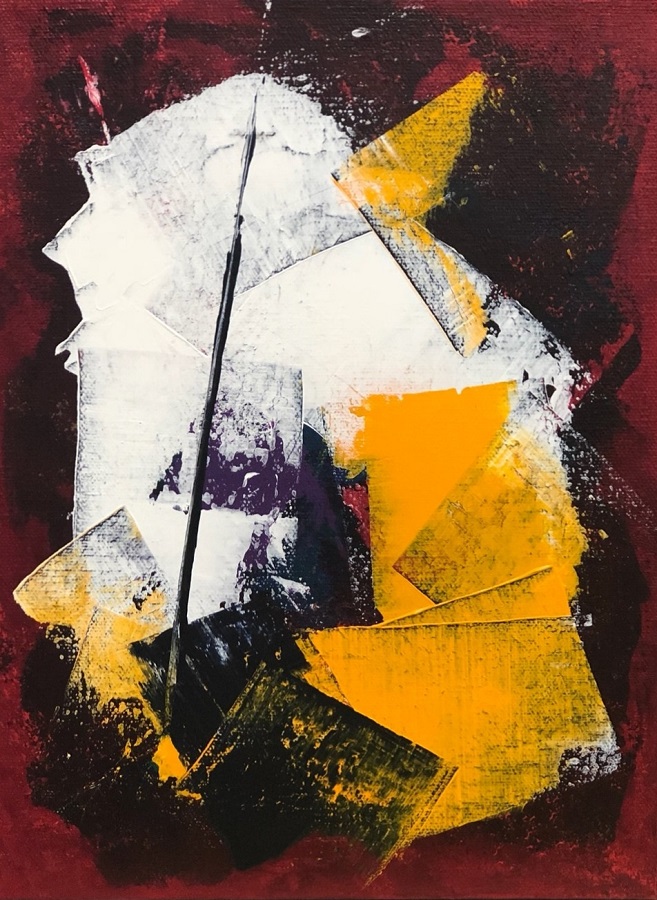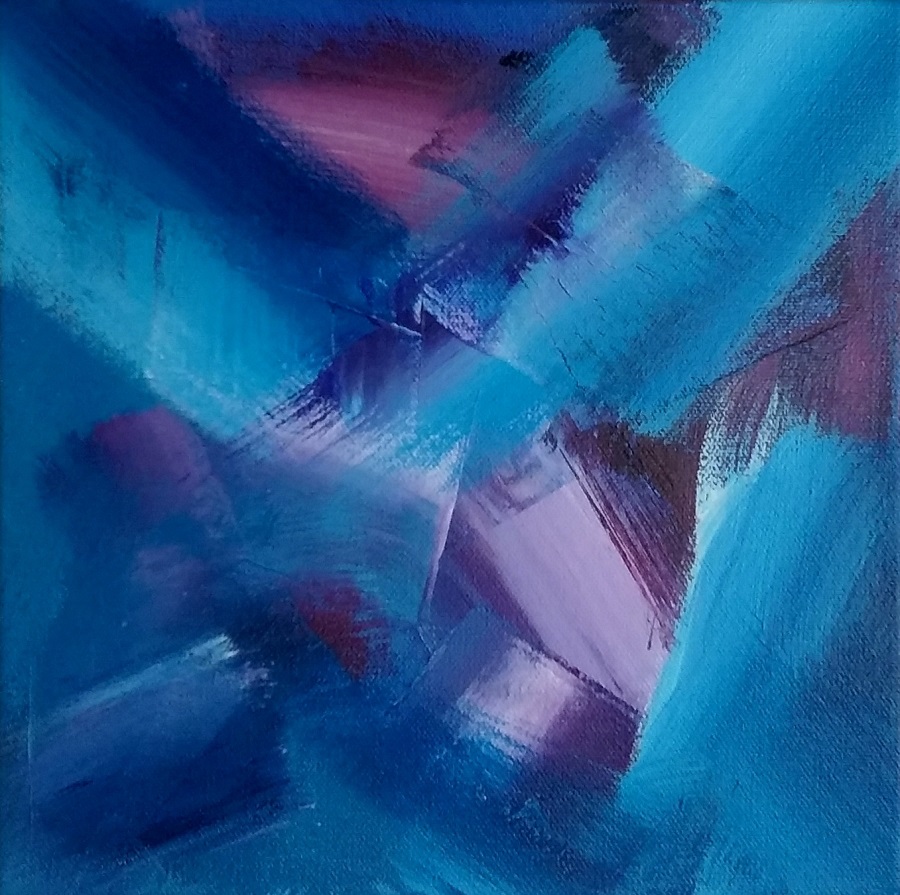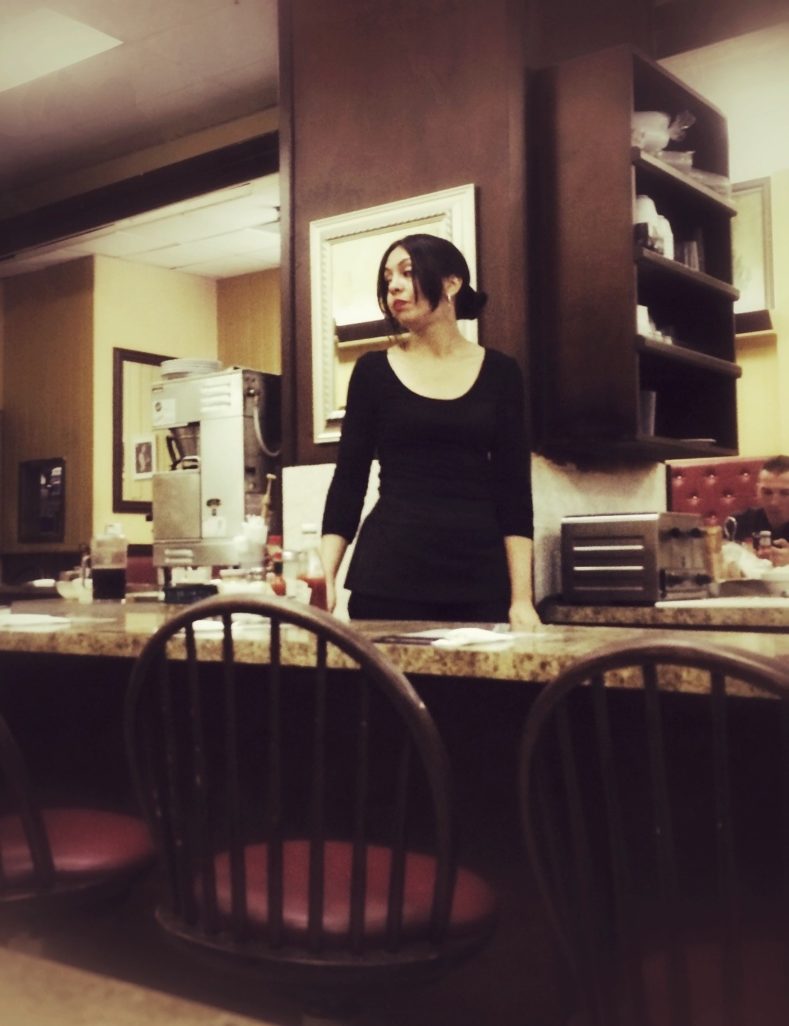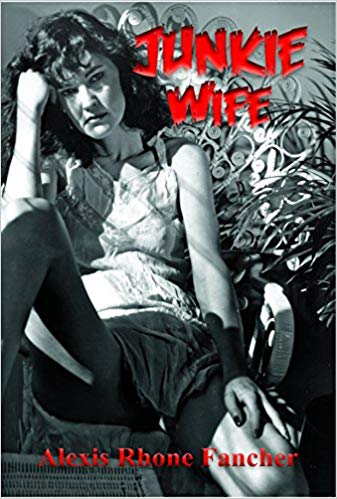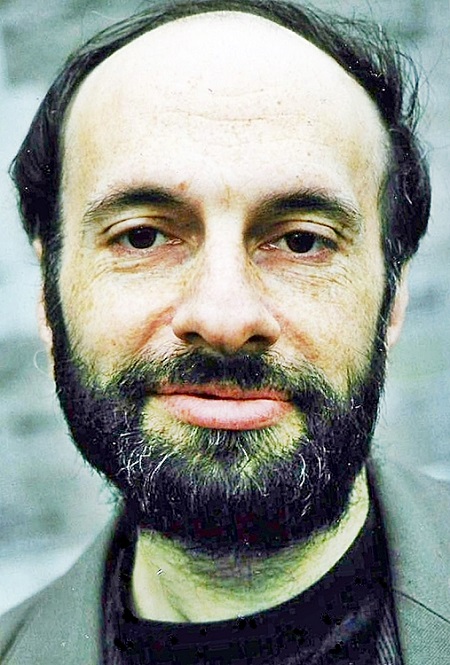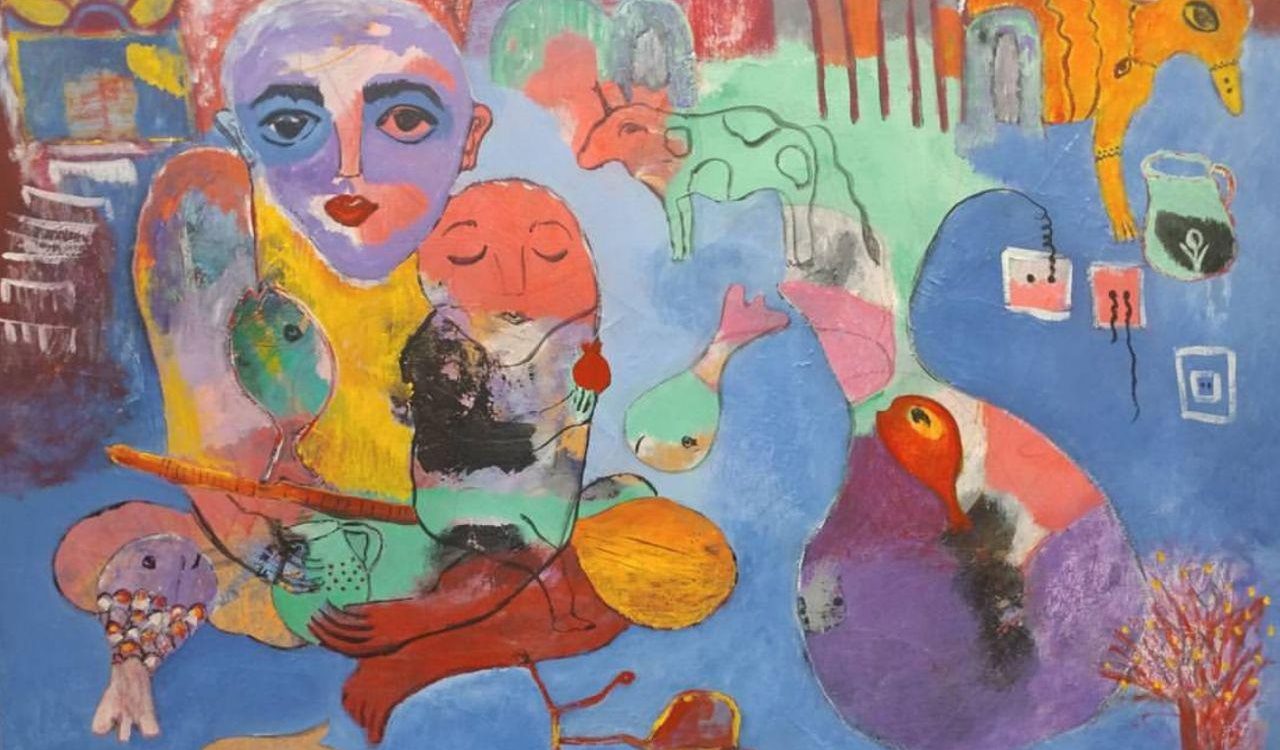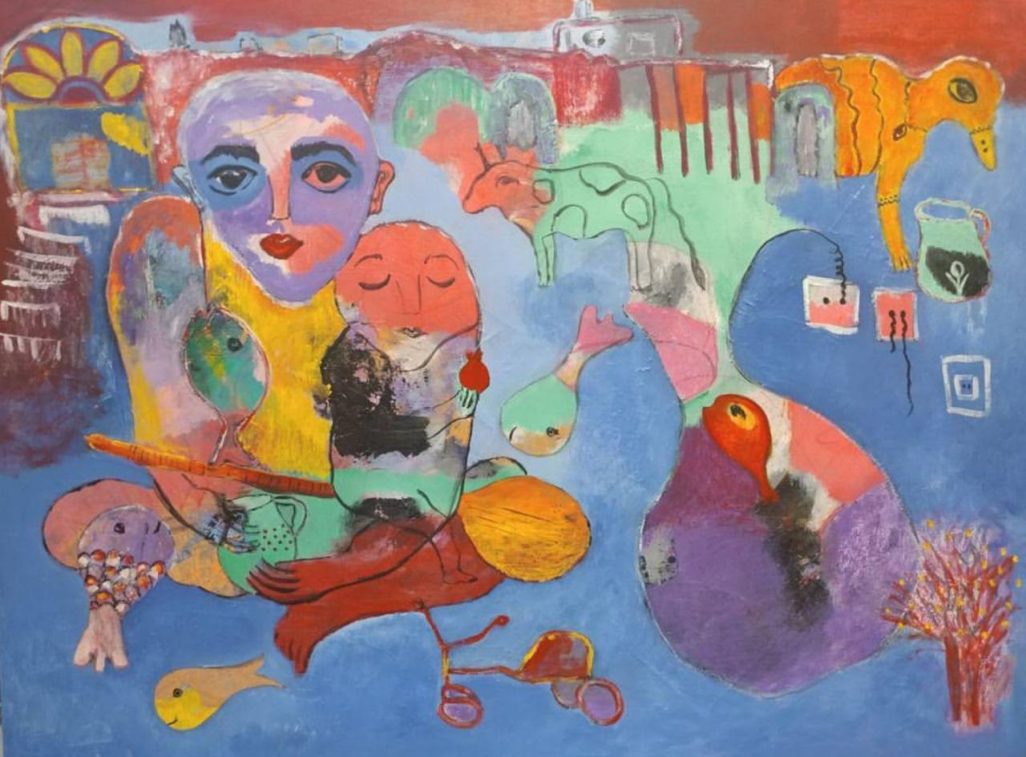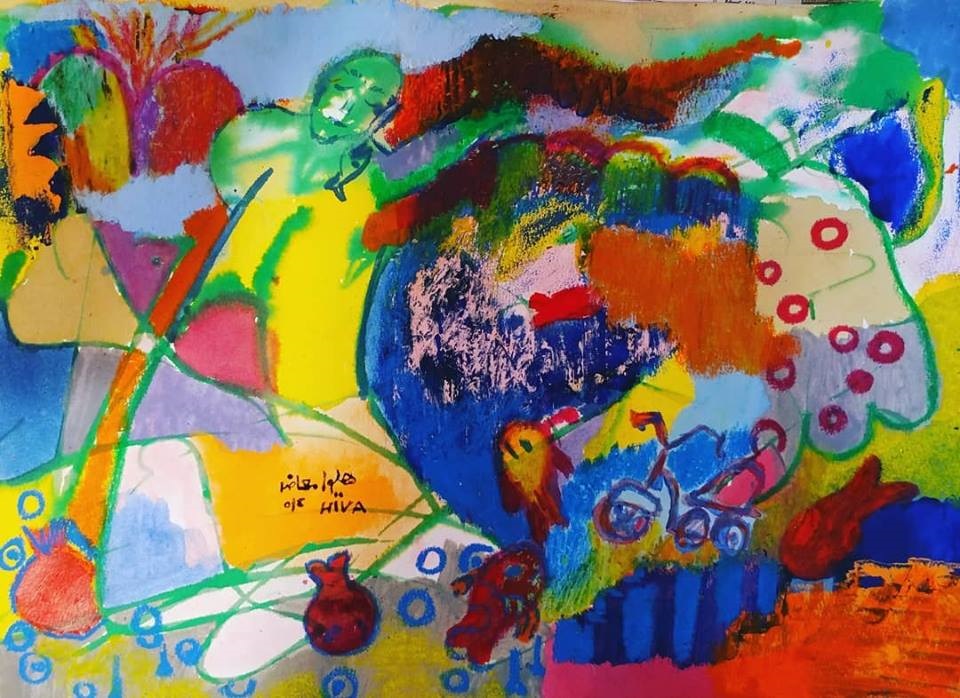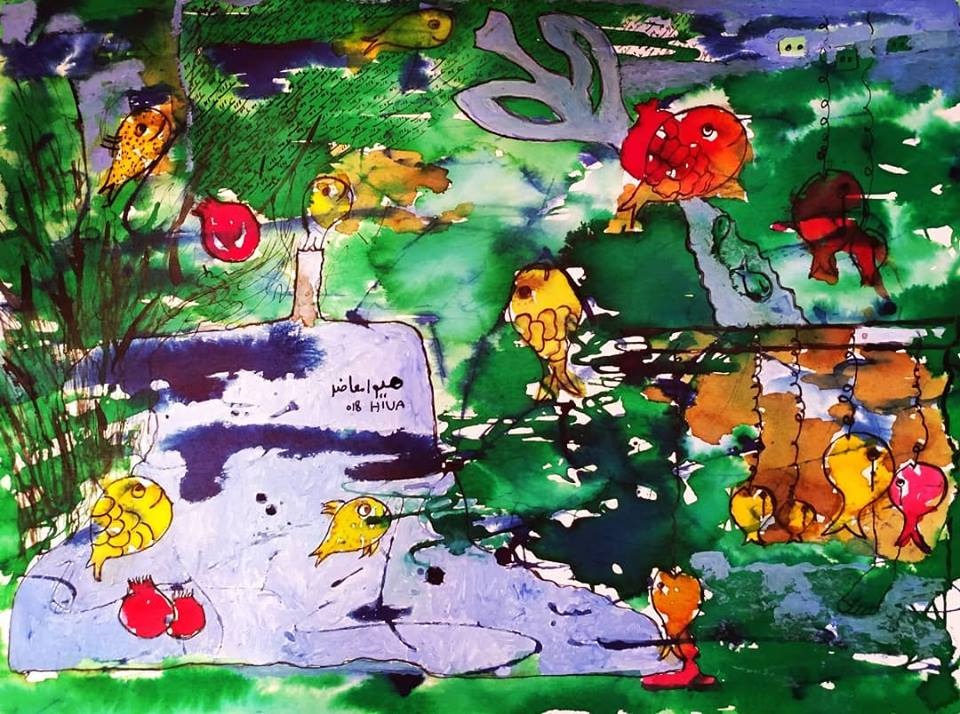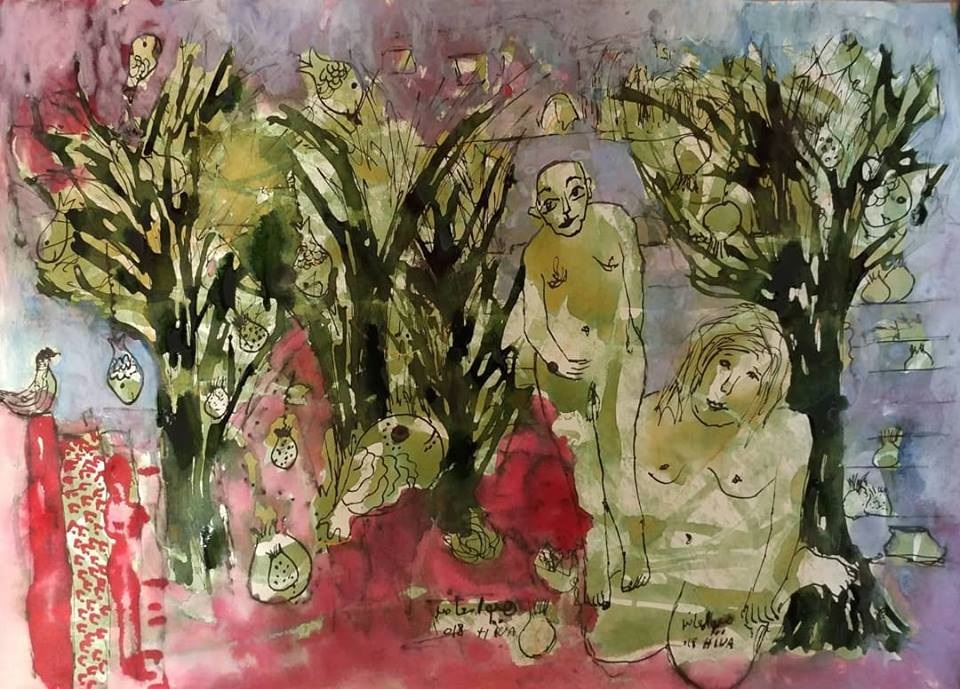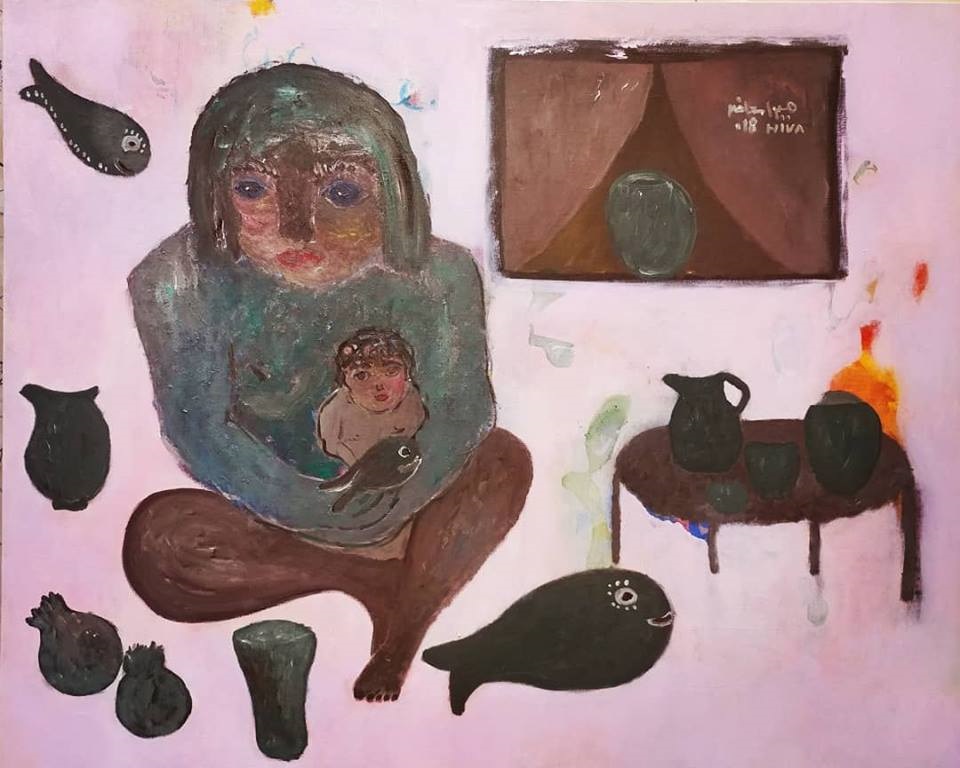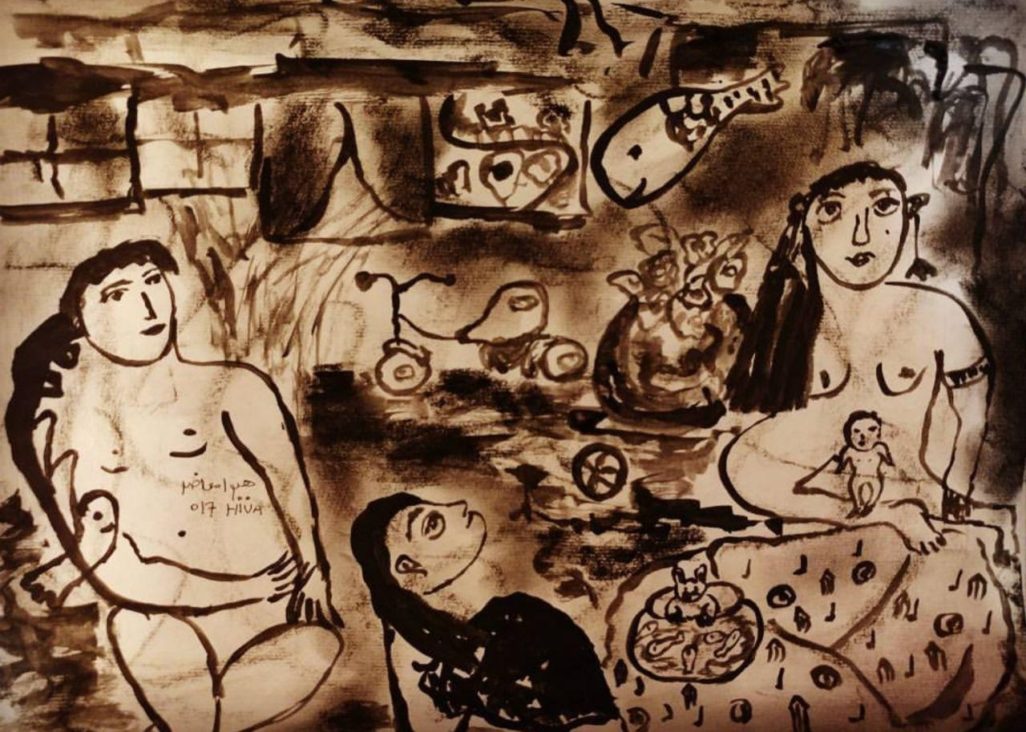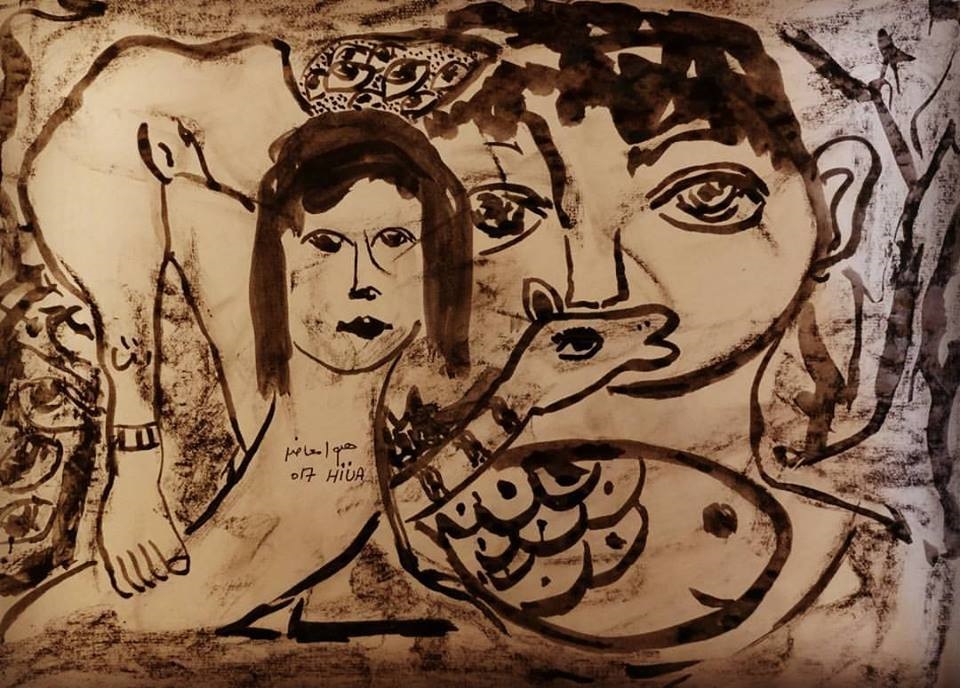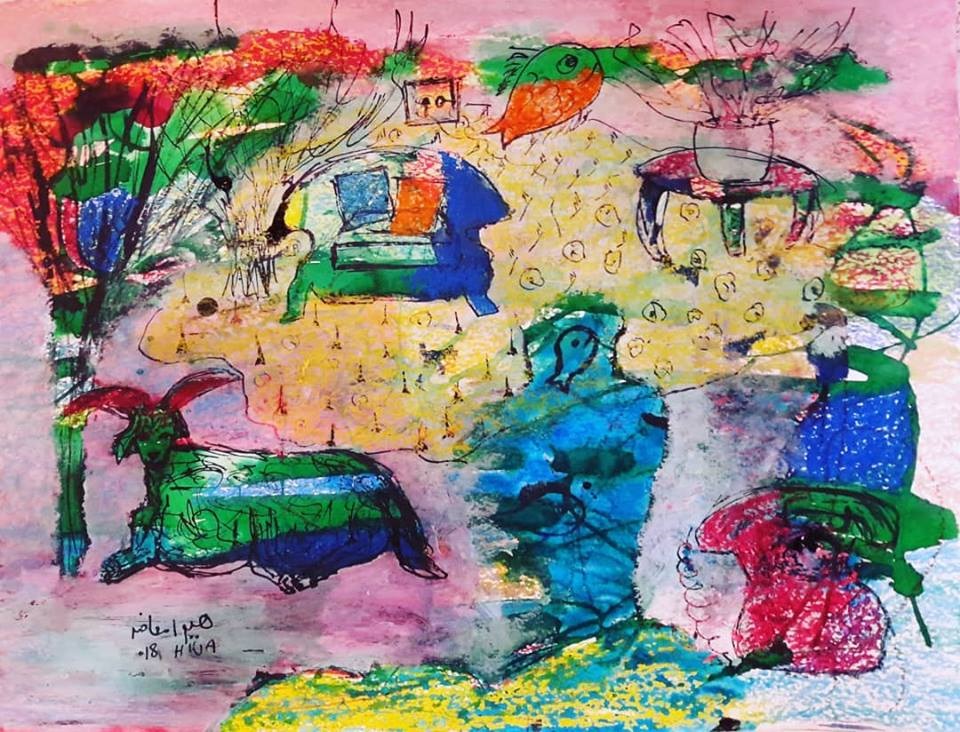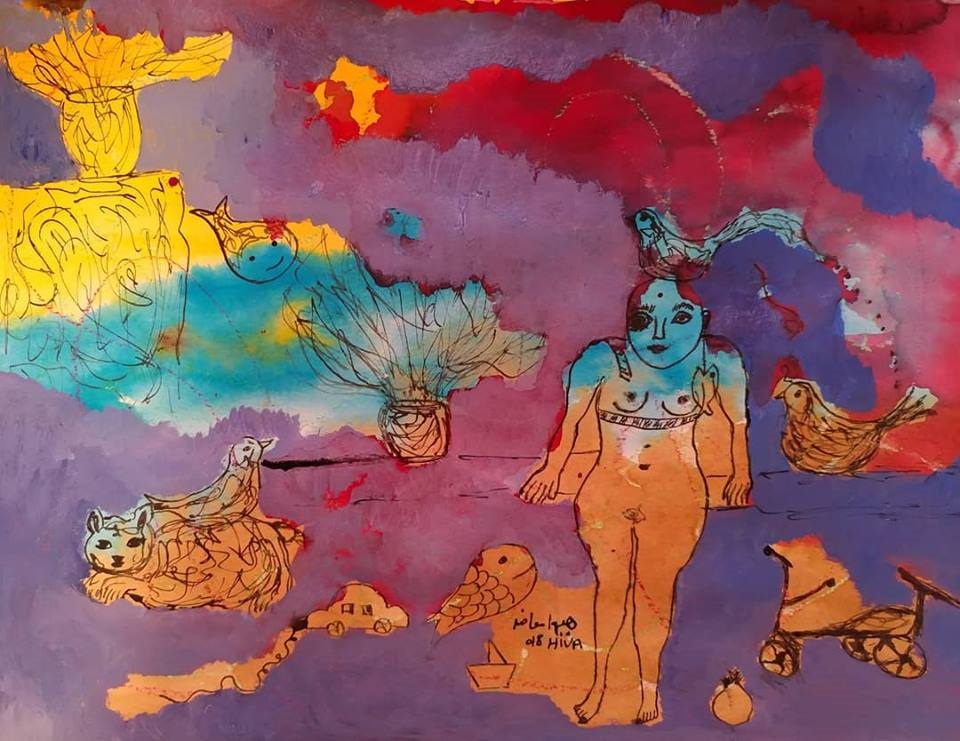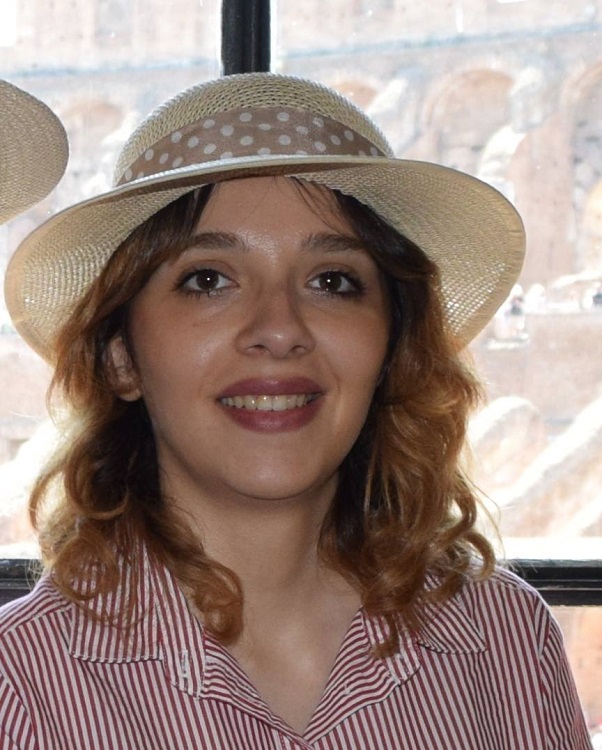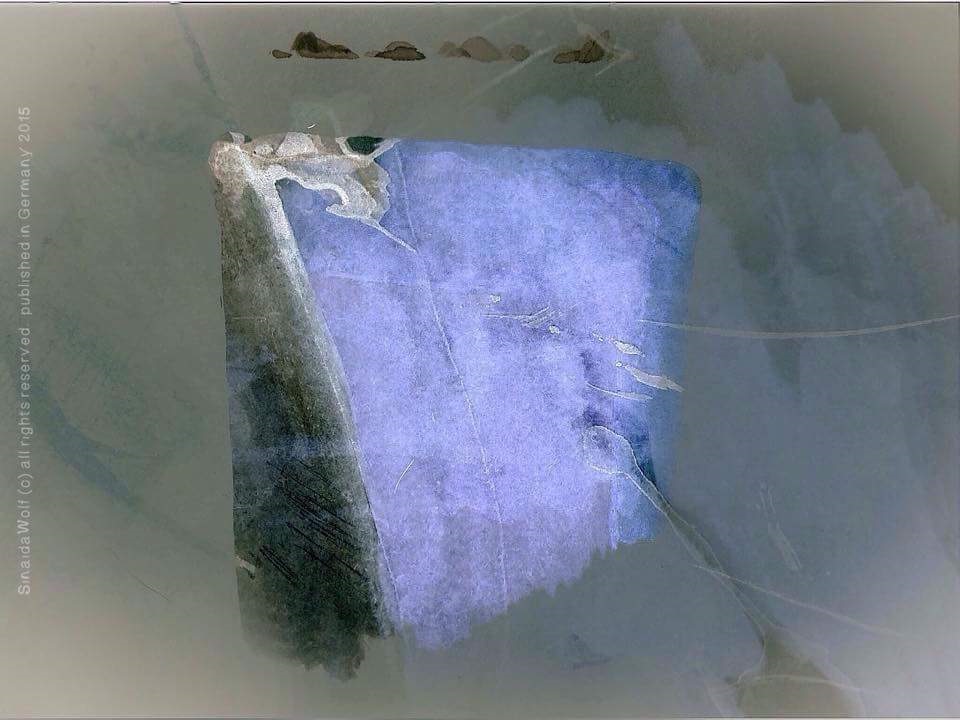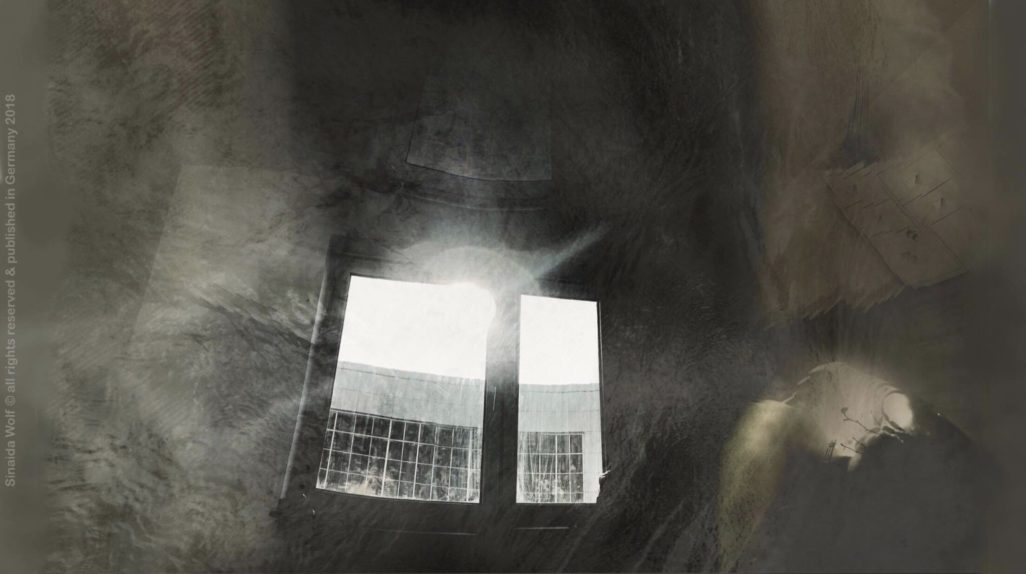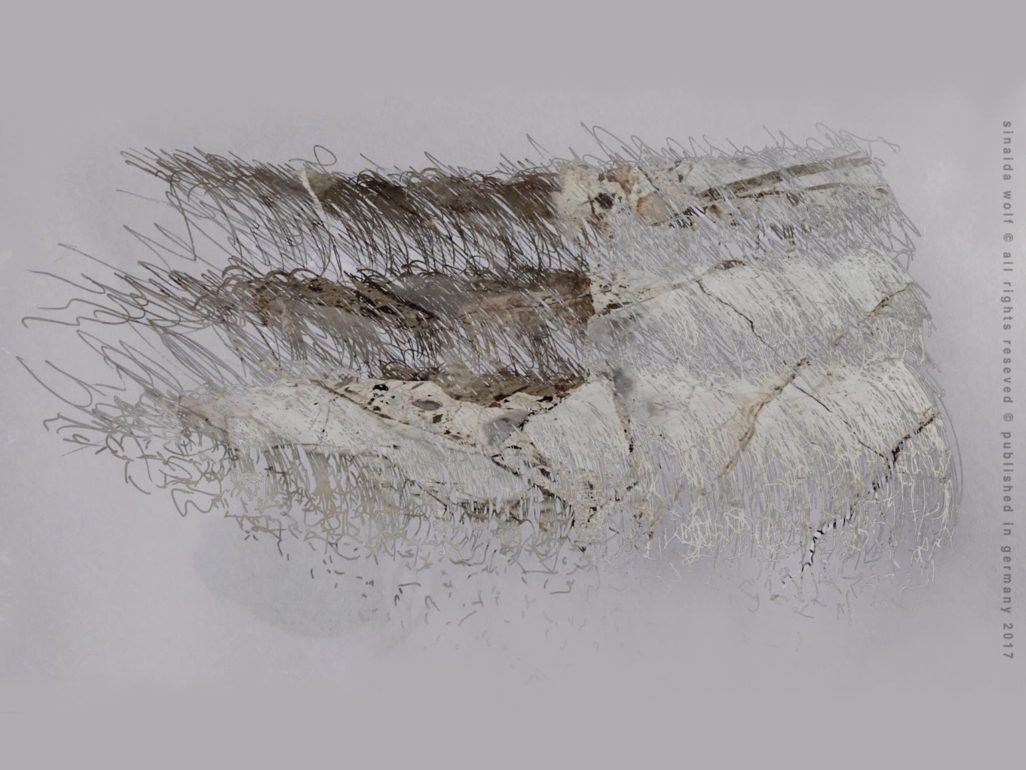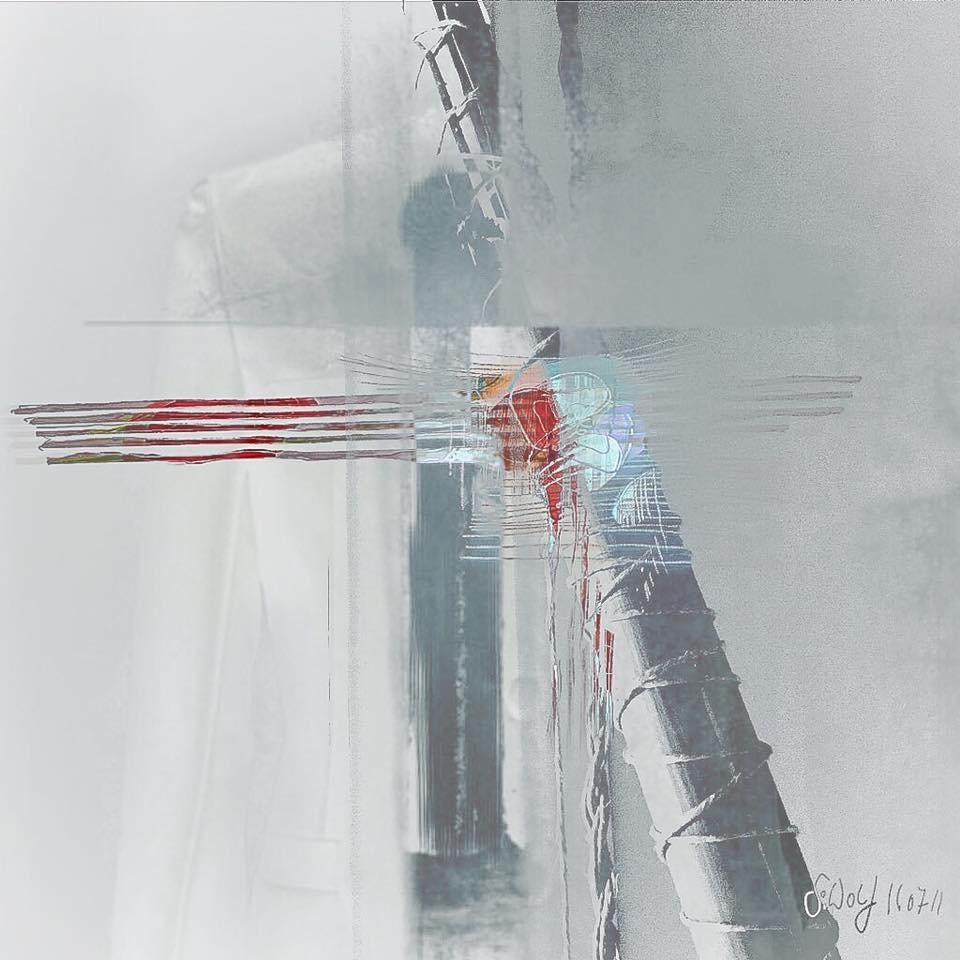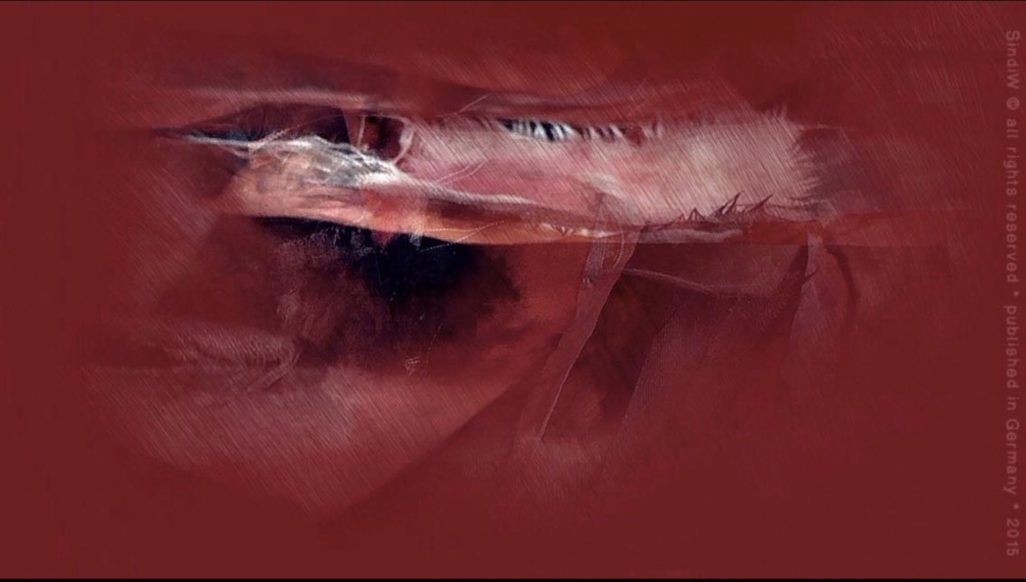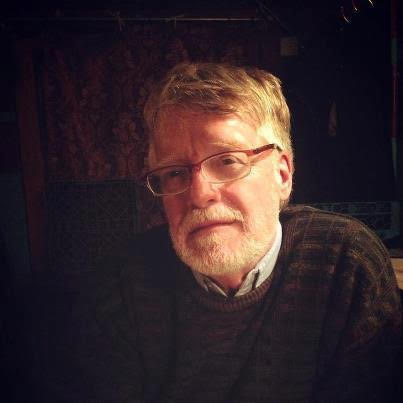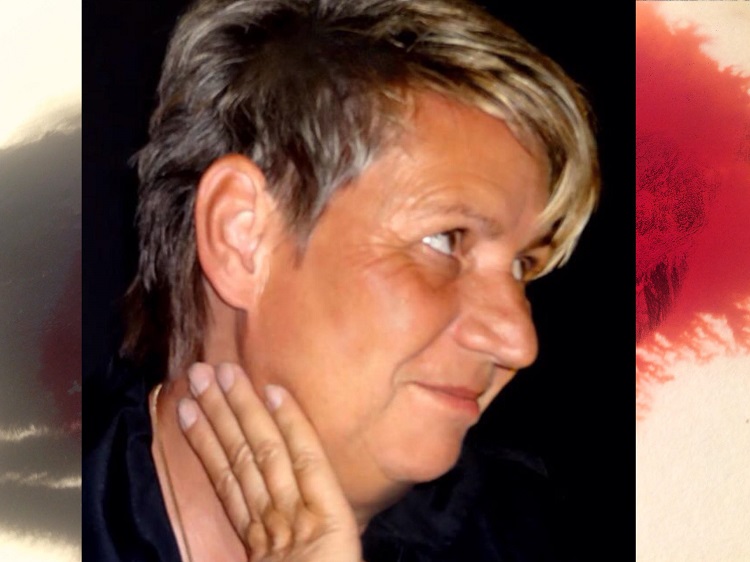3.12: higged hive | thylias moss — 4 collaborative poems
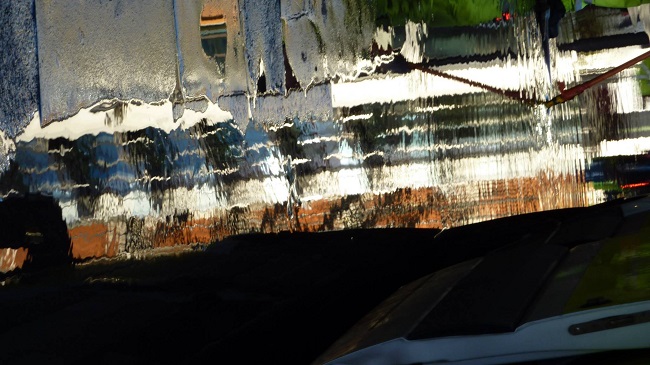
Higged Hive
Thylias Moss
digital photography
2048 x 1152 pixels
©2010
collaborations of apiculturalists: introduction by Krysia Jopek [November, 2019]
I fell in love with Thylias Moss’ long, collaborative poems two years ago when I published “NAKED NIGHT: a eulogy” and “Mnemonic of Your Palindrome: Sewing Lesson” in Diaphanous, Fall 2017. I’m honored to feature these four new collaborations—the first, “a duet” between two fictional characters, and the subsequent three collaborations with “H,” “Mr. Muse,” an eternal, ghost-like presence woven into the unfolding poetic sequences; Thylias’ son, Ansted Moss, is also present in the final collaboration featured in higged hive.
Like a honey bee, Thylias Moss is perpetually writing, collaborating; building poetic “nests” for the writer[s]/collaborators and her readers. Utilizing intricate poetic structures, she layers personal and cultural/political memory with historical details, fact, and events with intense personal emotion she renders public in the space of the poem. The “give and take” of voices can be heard—the voice of family members, often deceased; the elusive beloved, absent and present; as well as one’s own mourned-for lost selves in the landscape of now-obsolete places, conquered by “progress” and time. What is left in the end, as the poem has finished unfolding–is the byproduct of Thylias’ intense “work” or sewing, if you will: ancient honey, the nectar of the gods—aesthetic catharsis, at its best.
> > >
higged hive: new poetry collaborations
[Higgs (boson): particle that gives particles their mass / Higgs: existence of particle confirmed in 2012 through collisions at LHC and CERN / without Higgs no confirmation that the aspect of dimensionality exists // Hive, home, beehive, human made for access to honey, a natural sweetener, many living things like Honey // And the bees, buzzing living particles devise a dance that provides a road map to honeyed locations, maps so that the colony and now all of them can collect honey, stored in hexagonal cells // Some of these hives in Higbees, that old abandoned department store — TM]
1) Required RCL Walking,
(a Mr. Vayan & Kerony duet)
The air
Grew so heavy
All our imagination
Was required
To free the birds
including all albatrosses
From the clouds above and even circling
Pripyat, smoke clouds, puffs of also burning tobacco
leaves as big as yucca, yet promising less
in reactor core where what is
required is reaction, and even my blood
requires you, Kerony
the very destiny of my blood now coloring my wings like
mercurochrome—often red as blood gushing when freshly
cut
just walking narrow corridors of tomb Pripyat where no-
body lives anymore
mercurochrome for treatment of minor wounds, cuts, abrasions
but heavy mercury content so now known to be toxic
Of course I want growth
but nothing useful can yet grow in Chernobyl,
growth within mutant dimensions, life wouldn’t quit Kerony
but to continue had to take a chance on new forms, since old forms were
abandoned already for age mutancy at top of the heap when it really
could be love, the very progress i want, just as
I always do, want progress, more
Dimension, fewer departures
From what is real,
From what I can trust: you
And those clouds of you in my life,
So much like dreams of flight, some of
You
As delicate as my favorite albatross feathers,
Some, turns out, I may have only imagined
Yet somehow not as colorful as
You really are to me: palette from which
Every sunrise is made, you the treacherous lip
Of every blossom
Dropping off to reveal you
In your most magnificent forms, softness
Of your cheeks
(they are fabulous and dimple the world)
—those stunning definitions of worlds within you;
Growing heavy and ever more that incense
Of your albatrossed breath: not imagination at all
Realties almost too sublime
to be real, yet I am the clouds and you find me
albatrosses
That your fingers always become,
even on a ridge
overlooking all eternity of what exists below,
above, sideways, and diagonally
exceptional impact; any more
pleasure from you would
Surely kill me; there is nothing that feels like,
smells like, looks like You. Nothing. Only you
are required, Mr. Vayan
Please notice
How these birds fly with each other
distance negligible
Ann Arbor, ridge on Duderstadt Center to Manhattan,
and everywhere in between, that sub-microscopic distance
between us, only the distance of Kiss, millimeters themselves melt
no measurable space, zero distance between us, when your heart
murmurs to me it does so, speaking that necessary language
in my own chest
in which afterglow of Kiss enters permanently
felt snuggles an eternity defining the bliss it is
even that invisible
Scent trail, that olfactory ribbon tethering my thoughts to you
forever, and ever, and ever, and ever, and ever, now that’s the fo(u)r
You do not have to imagine this
It is as real as anything can be,
As real as me and my love for you, a bird, but not just any bird,
full blown up Albatross
Tirelessly flying determined
Not to land in any tree that is not you
Despite all the converging branches
In this forest of you –green carpet
Beneath my feet, veins
Of your hands and feet such
Exceptional plumage.
Sleeping beauties
Whole world feathered with you flying
Into my life.
I walk constantly with this albatross and float in air
in which even thoughts are buoyant, as they rope
each other to our hearts, our own trapeze of beat
box.
—Vayan and Kerony
> > >
2) Flying around Pripyat
in collaboration with H, Mr. Muse
Flying around Pripyat, that disaster, where
albatrosses also fail, not only plastic leftovers, so
sparkly and beautiful for you Kerony, but these also
lethal, poisonous just to the touch, for these have been
near
nuclear meltdown,
unstoppable chain reaction, neighbors
involved so you become involved also,
and I am so sorry Kerony,
that I had to fly so close to that trap
although it wasn’t called that,
power failure, these so common now, almost in that commonality
have to call them popular, which means a decline in meaning
all water poisoned now
yet needed
just in order to live and
life itself began in water,
the natural mother of everything
even poison—such toxicity hidden
in beauty, those plastic shards
i collect meaning never to harm, trying
only to love but poison is not kind, in fact
for many, cancer itself is poison,
extremely hazardous, and acute
from exposure, Nothing happens
unless you are exposed to it,
not even love
can happen without exposure Kerony.
There on that ridge, what do you think
I am exposed to? My albatross eye view
always on you; I never see
anything else but you, Kerony, filling
every corner of my eyes
just in order to live and
life itself began in water,
the natural mother of everything
even poison—such toxicity hidden
in beauty, those plastic shards
i collect meaning never to harm, trying
only to love but poison is not kind, in fact
for many, cancer itself is poison,
extremely hazardous, and acute
from exposure, Nothing happens
unless you are exposed to it,
not even love
can happen without exposure Kerony.
There on that ridge, what do you think
I am exposed to? My albatross eye view
always on you; I never see
anything else but you, Kerony, filling
every corner of my eyes
> > >
3) Invasion in Progress
in collaboration with H
aliens like me love to invade, the power hungry, invade, demand a place at the table, riot, eat a meal, microbes invade the body, seeds invade and grow, the invader that is conception, invader grows within you, eats what the host eats, goes wherever host goes, traveling companion, bosom buddy snug within artichoke of invaded heart, invasion of words on the page ideas in the head, weight on the scale, timed table of invasion, invaded muscles, popeye and spinach, my favorite leafy green, some tastes have invaded my palette; including taste of you. invasion in progress
progress has often, has usually been a product of invasion ,the smart phone for instance that has invaded modern life, television itself, this tablet on which I type to you: invasion. and the music itself, invaders all, something overtaken, overtaking, invading, I am here: invading even as I am being invaded, apple music invasion, where it all started, a garden invaded with apples, what variety, red delicious, could be the one, macintosh, the ralls janet, vintage apples, sometimes difficult to grow, hybrids like me, every invasive pregnancy, apples don’t fall far from trees, you holding me up when I wore such very high heels to be taller, as I had your support, even a recording of you saying that, I have your support, without expiration date for, as long as i need it or want it —oh don’t invade my mind with such invasive delight as that, a question i can begin to answer while invasive music keeps playing, instructions in the beat: invade! invade! be the kudzu in his heart, invade, invade.
my inspiration comes from you, i am as invaded by you as you are invaded by me: advice: invade. take over. invade. invade. fall hard. admit something has taken over. an official invasion, not origin of species, but a series of invasions, genes are invasions by invaders, armies of cells, gametes seeking mates, seeking co-invaders.
eruption of teeth from gums, invasion of enamel.
porcelain tub invading bathroom with modernization, times tables invading the mind, no child left behind, fights for freedom become invaders, every freedom fighter must invade unjust rules, must make their presence known that they should not be ignored, resplendent flame tree, burning effortlessly, invaded by pompoms of flames.
invade mantra: things to do: invade. invade. invade. better than any invasion, space germs, the usual worms even in their invasive worm holes, rotten to cores of invasive melting down cores of nuclear reactors, Pripyat branding, while dreaming of interstellar travel. sign of life, hope of life: mere invasive microbe! humans, most invasive species of all, even have nitty gritties and watch springs, invasion of electricity, endless daytime, wristwatches, invasion of time in every cell-ular connection, closeclose connection, you and me: invasions of life itself. invasion: mind control. Heart control. Any body part can be replaced, even the face, invaded by glasses, corrective lenses, make up, magic invasions. corrections always invasions.
alphabet itself an invasion of thought. Languages matter because of their success at invading, heeding a need to communicate, those invasive mother tongues, invasive rumors. invasive glamour. invasive
death.
And even that isn’t the rest and sleep some have hoped for as afterlife then invades; heavenly, hellishly, indifferently even imagination and its notorious questions without answers, answers without questions, if nothing else, it is human
Though what isn’t? Spreading inevitable uncertainty throughout a universe just as uncertain for no one can answer the question that will always invade: How did existence manage to begin, invading us with even more questions, even more doubt that we are actually improving, the ultimate invasion, for no matter what we have been able to retreat to gravity, the invasion all of us have no choice but to depend on, being held together and realizing this is Love, density, dense cities recycling the very invaded blood,
specific gravity
Density of heavyweight champion of champions
Love Density, no weightlessness
possible as long as
Love rules
> > >
4) Terminal Tower Tracks: Higbees, Old Downtown Cleveland
in collaboration with H & Ansted Moss [son]
My father, those long low moans, my father, no hair secrets, no
pigment secrets coming back to me… mostly sounds
dissolving in the air,
night calls, superior
Kool-Air glowing granules, jewels
and his bounce, amusement and fireworks becoming sky,
lemon sky and cherry sky sprinkles of memories of greatest tastes: He
has a long way to travel, from death and its tucking of things inside itself, called burial, but only him curling his tongue into semblance of an ichneumon fly, and that sound is the curl, chalk writing on the night sky. My father once cooked
for the southern railroad, making slaw, his own recipe under handle of Big Dipper, making a prayer come true, that is what I hear, my father calling me, and I answer, another train, a car of his train switching onto another track, and we speak to each other in those whistles, and train trestles of heart traffic
Warm, loved,
a track itself so trains could enter the station of my heart and join all other memories of him, whippoorwills answering me, duets and trios with scent of dogwood racing along the tracks, the frogs too, a thick froggy carpet that squishy road between homes of my southern grandmothers, one black and the other something else, immigrant husband, my grandfather from India, Uttar Pradesh, holy referent Indian and half Caucasian, masala, my precious stars while my mother’s family had Klan interaction
oh, those platforms
where I would wait for the train
In Higbees underground, emergency shelter under huge panels,
chariots and white horses with nebula heads for atomic explosions
Just in case
Energency jukebox was my father who often whistled
and could sound like a train, like President Kennedy too with a yodel stuck in his throat, that’s what he said, yodeling even then, the sound of him cutting cabbage for his slaw with the rim of a tin can as shiny as the rails themselves; that my father was rail-thin was often said, he was traveling the best way he could, those special trains, Nickel Plate and Ollie’s; one even said Saskatchewan
You know, I will always miss my father. Always. I was never spanked because of him; he did not believe in hitting; if something can be loved, you don’t hit it, you love it. I can’t ever imagine wanting to hit you Ansted, nor you my H
I can’t even imagine that.
I do not want to be the person who is convinced, duped into thinking that harming another can ever be right. That is how I was raised, what I shared with my father, what makes me so unlike my mother; how different they were. I don’t think
she ever heard the trains, not their deeper meaning. Maybe
just a screech of metal on metal, a scrape as it digs in deep, trains
encountering obstruction on the tracks, circles in her mind, constricting it. Punishment.
Extreme punishment. My father wouldn’t permit my mother to hit me, although she wanted to, believing all children should be spanked. Never in my father’s house, the house where my mother still resided until death took her away to where these trains do not go.
All those years married to my father who lifted her southern shame, and
she missed the whole point about Love, and ultimately forgave nothing,
especially
Me
As I am
As she could never be dead to both possibilities and even suggestions that
She could ever make mistakes, she would never ride
In a Golden Coach, nit for black riders like herself, body condemned
Perpetual servitude to all those above her, and to see her, one must look down,
Slopes and chute, shoots and ladders that sometimes offer rescue but for her never did; she missed the point that
all is about forgiveness, and Ansted, most cherished son ever to grace the earth, and H who makes, my heart pound even now, remnants of surf once everywhere,
Young earth uncertain of what to be, but in such darkness
and threat of oblivion, life starts, please
don’t take advantage of shaky, hesitant beginnings—my heart
knows you won’t; as well as you know that in order
for me to be true to who I am, I must forgive you—Even
about things I wouldn’t speak of, This is also the way my father and his immigrant father Loved,
Soft-hearted people in a world perhaps not meant for us, but we are still here, perhaps easy for the unscrupulous to take advantage, but we are prizes; the “H” my father knew I would need when creating my name THylias in 1954, giving me a “T” leaning on and needing her “H.” Oh, H— I also recall the magic of being
in Terminal Tower when the locomotives chugged into Higbees underground, and the magicians’ smoke filled the space, overlaid more drawings on the luscious artwork, wall murals (that never should have been destroyed, chariots and white horses to spirit you away in the nick of time stopping work sewer rats could do, but I would think that even they would gag on such colorful profundity and drop like tubes of oil paint, potential usefulness squeezed out, fat gray gloves decorating the scene);
smoke
gushing out
(My father was a smoke too, Pall Mall cigarettes killed him, a chain smoker
Smoke gushing out
of front silver plate, folded with the fold pointing out like a collar cradled in silvery recollections; this is what irons wanted to be, but not even that Rowenta came close (and it was fat enough), the steam irons would slobber on the clothes when they weren’t working properly; they wanted to be flattened for usefulness on the railroads, my paternal grandfather built them, hammer and pickaxe, Indian and, Caucasian immigrant from India, dry-land stevedore, oh, oh, oh, these memories….those murals, seven murals painted by Jules Guerin in that Terminal Tower railroad station, those chariots and white horses invincibility seemed accessible through those teams (they did not gallop alone) of white horses, cumulus hope at basement level, all prepared for a rising set to properly define what height is
Not sure how you, Ansted, can see these now and I so want you to, but I fear these are gone now, and a Google search isn’t even resurrecting the history. My understanding of horsepower came from my standing so tiny before these murals, horses galloping and pulling engines; I was dwarfed by color;
I sought immersion,
I sought to become one with the 50-foot high, I thought, panels that the 50-foot tall woman would have been at home with, before her rampage, her attack because she still wanted a man she dwarfed. I wanted my body painted, and I thought that just by making angels with my arms up against these palettes of the best possible snow cone transformations, I would absorb the colors, snow cones dyed into my favorite flavors. Cherry-strawberry for me of course, maybe grape or always banana (I still want to read your poem to you, My H, “Higginson Matters in Magnificent Culture of Myopia” and there are many others now; I used to hope I would get to read all of them to you, but what would be the point? When right here, there is something even better, for you can see a vision of those murals, your eyes acquire the colors of how the horses seemed to gallop with the trains, men pulling them in sometimes, also into my heart, even you riding knightly with them, yet even with your stunning riding and ascending into my heart, just too
much power to control themselves
by themselves, pulling them up, somewhat like linking locking catalogues; I saw this with my father, tethers of steam from the locomotives; yes, chariot races, that was what was about to happen; I was transfixed, never wanted to leave, thought that would be my home forever, and my father was with me as I wandered inside the murals; not sure how I got in, but I did and surveyed the tower’s glistening marble floor blocks from such marble walls that as my arms stretched and expanded, the full length of the murals, like rails for the trains themselves; I was more track, oh the jubilation of those days, I could reach my father, it was like learning to walk, and when I did, he was there to catch me, my very first walk in life was to him, and I didn’t know either of you at all; I didn’t have any idea where you were or what you were doing; there wasn’t yet any reason to think of you or even to imagine that anyone like either of you existed. All I did was walk to my father and his arms were open to receive me… That’s what I recall clearly of those days, the smile of my father on his Rabbit.
I knew I would eventually have a baby, but Ansted, I assure you that I did not do a good job imagining a son like you. In this I failed, for you have exceeded any expectation I was ever able to imagine. Just one more part needed for a total life for me; I fully admit Ansted that I want a necessary love relationship. I want him to be mine and I want to be his, my Mr. Bob’s and his elegant promises, proving that he is to be trusted and believed, for my H, you are the most real thing I have ever experienced; I was completely persuaded by your spectacular Kiss. A Kiss like his can never happen again. I don’t want you to suffer a crazy mama because I will always believe him; I expect him to be as honest as I am. And he is, more trusted than the murals whose paint falls off, bits and pieces, ones and zeros of barbs of the feathers, halos around white stallion heads that encourage me to continue to be
. Because I have
as honest with him as I have been with you, and as honest as I always was to my father. Even now, for he is with us, he is part of you and I, Ansted; this cannot be changed, and I am so thankful that I was able to give you his inheritance. Please do not ever forget who you are, who you are destined to become. Because of my father, your grandfather that you can meet and know only through me.
This was joy without any Mr. Bob affiliation that everything has now.
. This was joy that had nothing to do with you,
I hadn’t joined that club yet, had no idea it was as prestigious as it is and will always be. I have learned this fact of you, and I like it to nth degree . The truth is not a joke, and I am not a plaything. Remember that, please.
I just disappeared in all this; felt like wings were popping out of my shoulder blades —I really thought that would be the location; those drawings of the body by DaVinci seemed to suggest that’s the place. And how big would these wings need to be if they were to really function? what kind of glorious wingspan? You would look up, and there I would be, some new species of bird, I would be; is that a bird? a Thylias bird just for me? And you, my H would wonder, wiping your glasses, and you would be correct, I would be a bird decked out in splendid colors, feathers the likes of which have never been known, yours to discover, some that would need to be named right then, colors that had not preciously existed. You know, I really thought that this might happen, and now I am primed for this moment by Kissing you in a taxi that I swear my father was driving to where only Love lives. I hope that you can already understand why I will always miss my father. Always.
I was never spanked because of him, I must say this again, Ansted, for this is the most prevalent and defining trait about him, for in this he rejects the very foundation of so much civilization: he did not believe in hitting; if something can be loved, you don’t hit it, you love it. I believe this with all my being: Love, don’t hit. That is how he raised me, so unlike my mother; how different they were. I don’t think she ever heard the trains. Maybe just a screech of metal on metal, trains encountering obstruction on the tracks, circles in her mind, constricting it. Collision. Head-on. Failure to yield. Please understand how fundamental this is. If something can be loved, and what can’t be? —don’t hurt it; Love it. Not the air, not water, not clouds, not the forests, not lakes, not mountains, not streams, not ukuleles, violins, bass drums, not pigeons, horses, ducks, hippos, turkeys, dolphins, peacocks, pigs; hurt and harm nothing, squirrels, ants, caterpillars, grasshoppers, trees, so majestic and so needing not to be hurt, oh the pain of the saw, trees falling and falling out of the rapture of breathing for the pain of forming that emerald necklace of metro parks in Cleveland, in Cuyahoga County, how I remember long walks and hiking in the urban woods with my father, for I was last there with him, even fishing in Lake Erie, perch, bass, steelhead, walleye; and those trips to the salt mines on Whiskey Island, the thickness and depth of chunks of rock salt I had, a piece that in my mind was shaped like a skull, that piece of rock salt I used to lick, sometimes in the middle of the night, especially when my father was ill; not sure what I thought the salt could do, but I tried to milk that skulled piece of salt of its curative powers.
I don’t know where any of the salty rocks are. Maybe
in a storage unit. I do not know, and those rocks of salt from Whiskey Island
mean something to me because I was there with my father when I found it, in our path, and he picked up that halite crystal, “Salt” he said, instantly knowing that we had stumbled on the salt of the earth; I had opened a treasure chest of minerals with my Keds.
Oh, Ansted, I must repeat this; it is that important, just as repeating your name is to me, like a spell, the more I say it, the more powerful it becomes: I so recall the magic of being in Terminal Tower when the locomotives chugged into Higbees underground station, peanut vendors, popcorn also; oh how I love freshly popped popcorn, and the magicians’ smoke filled the space —I hope that you can understand. Both of you. Ansted, you are my father’s only grandson and he never got to know you and he would have wanted to spend every moment with you, the best son in this world, and the Man, my H, the very Hydrogen in my life, no essential water either, no air as we now know it. No H and no earthly existence, hot lifeless sphere in a universe ultimately accomplishing nothing, going nowhere without H atoms,
You see, H—I will never turn against you or betray you. If you don’t want this, you have a choice; I don’t. I just hope that after all the years, you can finally Love me as I am because you know by now that you will never find anyone like me on this planet. I don’t know how to make this any clearer for you, H, just open your eyes to see who is waiting for you, sometimes it is as if you are oblivious to the woman there for you no matter what, that you are scared and haunted by terrible miseries from your past that I know only a little about, mostly from rocking you in my arms, when people admit to being haunted and scared, you even curling up when lightning flashed as if you had been on a bridge of peril, and I rested my head at that moment more fully on your chest in part to offer you some calming, a moment of Love you would always have with you, and words I whispered in your ear,
love spilling over the helix, and traveling warm into your brain switching on the happy hormones of satisfaction, for Love is not foolish or a mistake as some people erroneously suggest, thinking of Sade’s Lover’s Rock, as emblematic of mistake, obstacle, burden as a mistake, as a rock, an obstacle in the way, and I played the song for you, to re-introduce, to show you even then, the miracle that goes unnoticed because it is small and unassuming, like a egg that when it hatches, becomes a sun golden in the center, yoke of everything, even manners, that for me you are someone I can cling to, hold onto as the water rises, as the world goes out of control, —koyaanisqatsi— You are balance and equilibrium to me, the rock that steadies me, and I am also that rock for you, if you let me; this not something I can do or be if you won’t let me, because what you overlook is that I am your rock. I am someone you can cling to in a storm.
Wake up, H
Please don’t force me away—none of your difficult years with me; friends till the end, you say, the end of what? And when I suggest we ask the wind, it hollers back becoming a broken tornado box, we hold each other more tightly than we ever have—a new gravity; you harnessing hot wind of survival so close to the sun, and the sunshine I am in a poem you wrote—my smile propelled into brightness, into radiance in white-hot wind. Tornado watch; You—yes, you and your tornadic voice that can command a stage better than any other storm actually—
My father and I watched thunderstorms arrive on Durkee Avenue, as we did on Linn Drive, even seeing a funnel cloud form an alternative steeple above my mother’s church while she was there, the funnel white at first, tapered into a long gnarly ghost of a finger, and gradually darkened as my father had me scrutinize the finger of god destroying his own house, because he did not live here, gone to the store for some communion wafers or something as holy, and didn’t matter that part of his family was inside,
long wavy black curl of index finger
wrapped itself around the steeple opening it, poking holes in the sky, as would an awl making a more leathery ceiling, a belt as it were, to choke the earth into an obedience that my mother wanted to insist on, a belt that could cause such welts on a body when she wielded it, a belt my father would never allow to be used on me, and that was the point. We watched silently; it was as breathtaking as you call me, breathtakingly HOT is how you describe me. I am told that this finger of God turned pages in the bible, settling on the 23rd Psalm, “I fear no evil, for thou art with me” precisely
since the church was saving no one, least of all her; we watched silently; no one would be spared this wrath without reason; we were safer not being there, for many were hurt in the storm that god’s own finger ordained, as if no one human could stop it, omnipotence, you know, and he could have, yet he did nothing,
when it really matters. Casualties and consequences.
I recall such a different Terminal Tower than what remains.
It really became “terminal” with decline.
What everlasting conspiracy of desuetude.
all new poetry collaborations ©2019
> > >
links to more poetry by Thylias:
NAKED NIGHT: a eulogy | Thylias Moss & H [Diaphanous, Fall 2017]
Mnemonic of Your Palindrome: Sewing Lesson | Thylias Moss & H [Diaphanous, Fall 2017]
Poetry Breaks_ Thylias Moss Reads _All Is Not Lost When Dreams Are_ – YouTube
biographical note:
Thylias Moss, multi-racial Professor Emerita at the University of Michigan is the author of over thirteen books, including Tokyo Butter (2006), Last Chance for the Tarzan Holler (1999), Small Congregations: New and Selected Poems (1993), Rainbow Remnants in Rock Bottom Ghetto Sky (1991), At Redbones (1990), Pyramid of Bone (1989), and Hosiery Seams on a Bowlegged Woman (1983). Known for expansive poems full of details ranging from art, history, and laundry detergents to ants and Disney characters, she has garnered multiple awards, including the Witter Bynner Prize, an NEA grant, and fellowships from the MacArthur Foundation and Guggenheim Foundation.
more information about Thylias:
The Poetry Foundation–Thylias Moss Foundation
The Academy of American Poets–Thylias Moss
Thylias Moss — MacArthur Recipient 1996
Books by Thylias Moss — Amazon
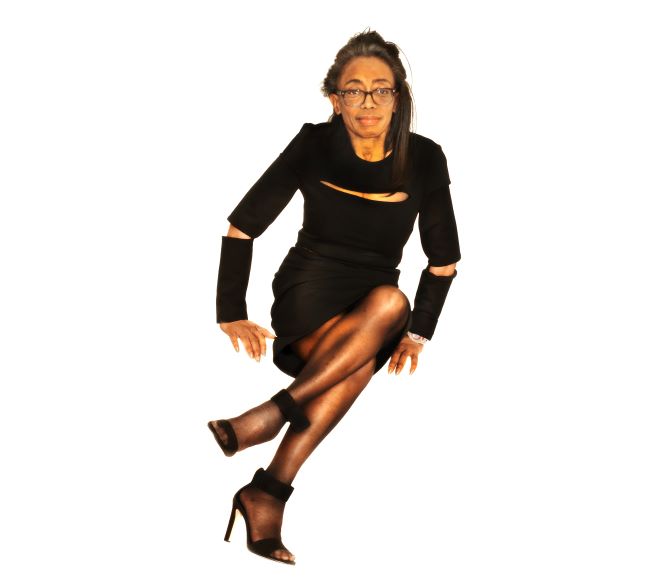
Ansted Moss, photographer
©2015
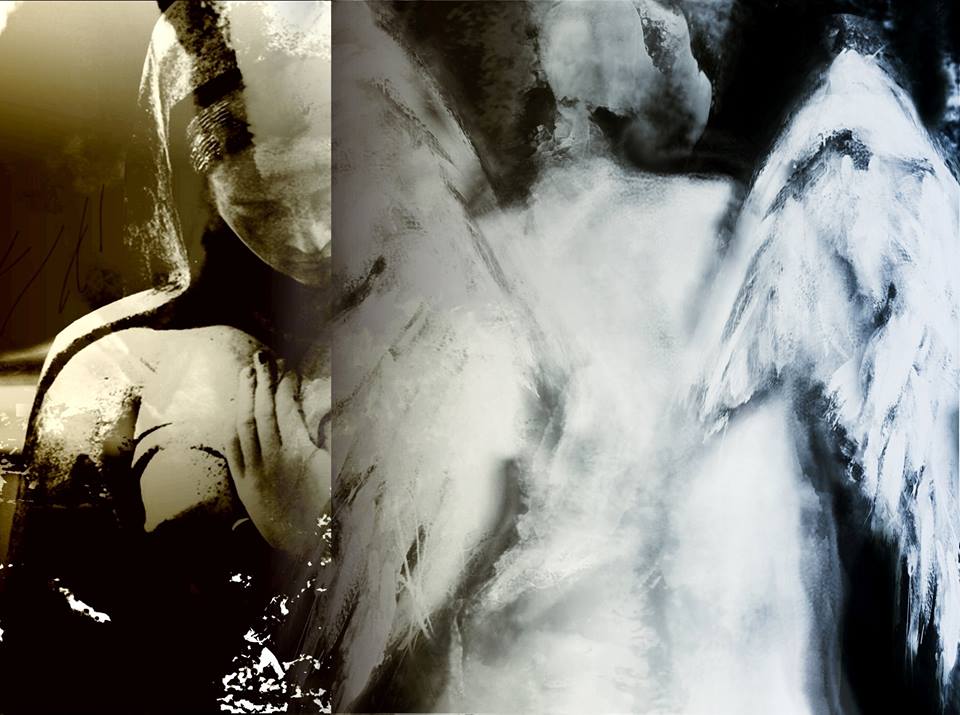
![3.9: the cloudy land | Anwer Ghani — new prose poetry, poetics, & virtual artography [digital expressionism]](https://diaphanouspress.com/wp-content/uploads/2019/11/anwer16.jpg)
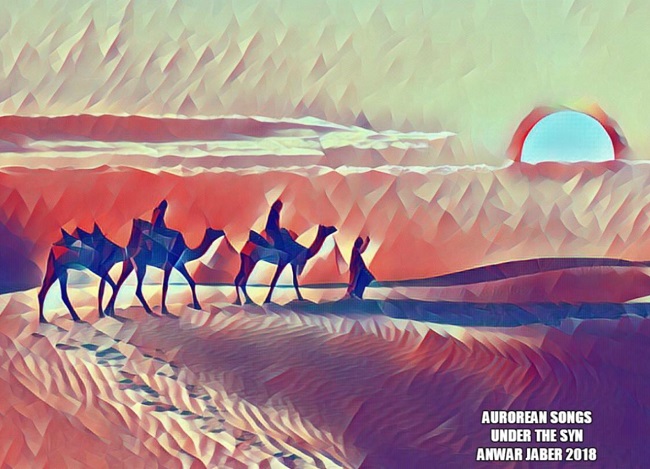

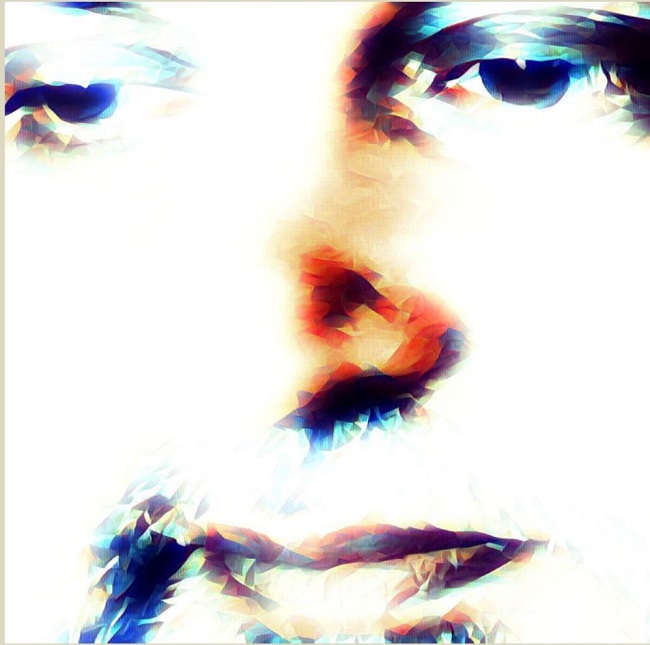
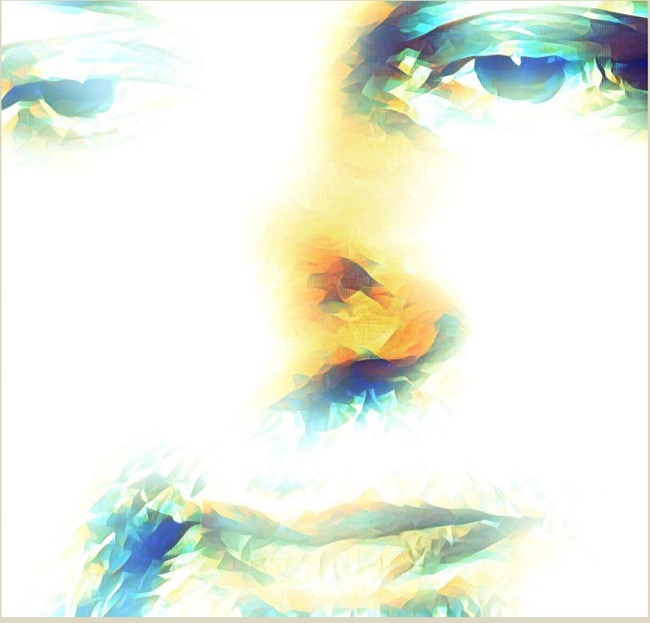
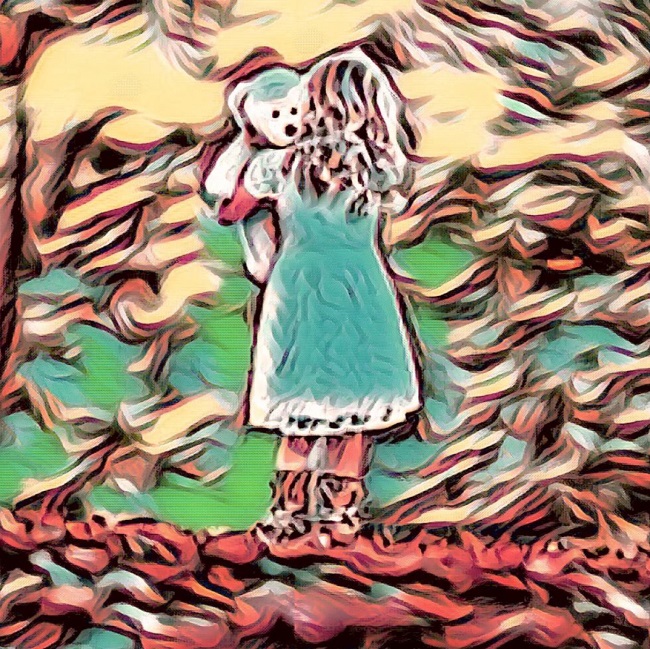
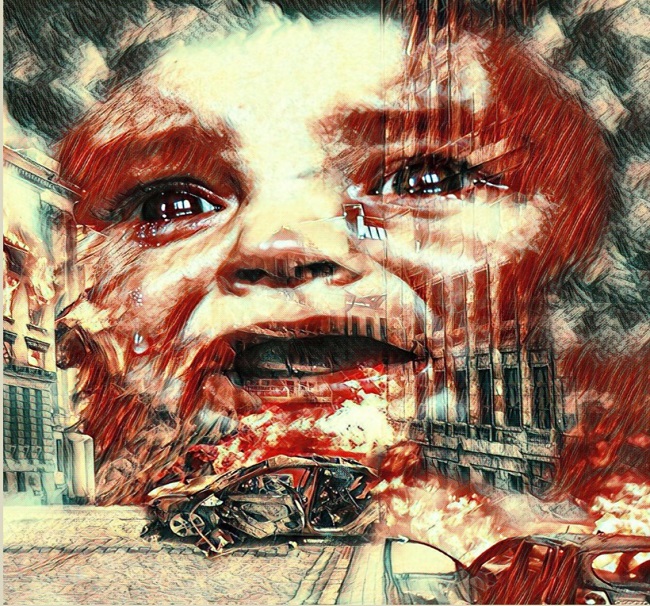
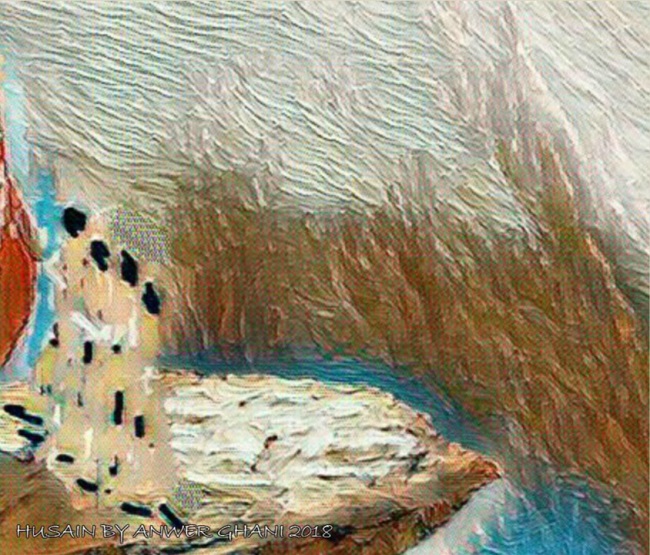
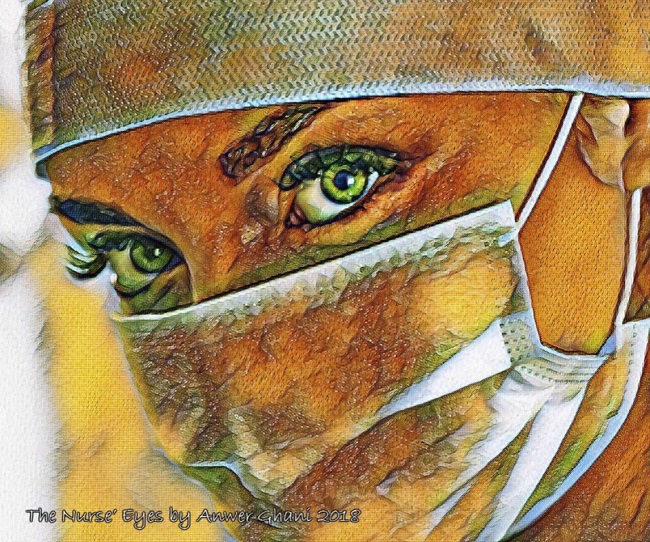




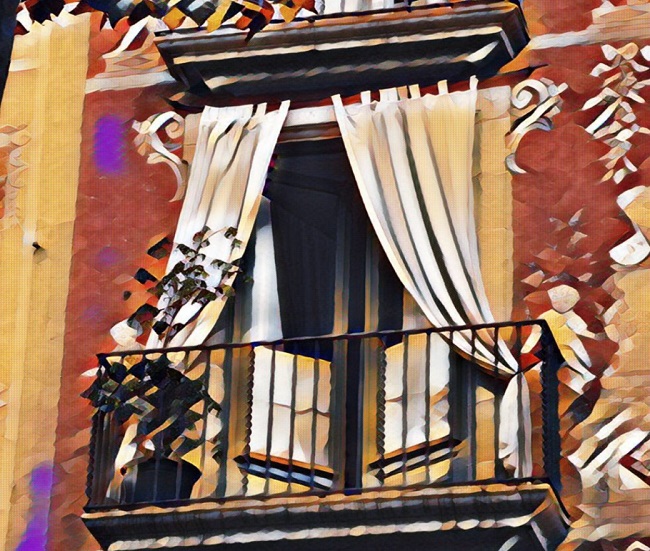




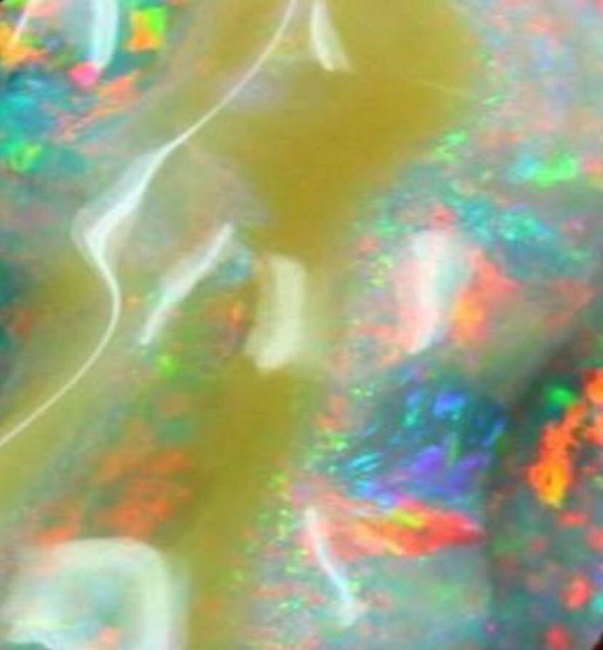
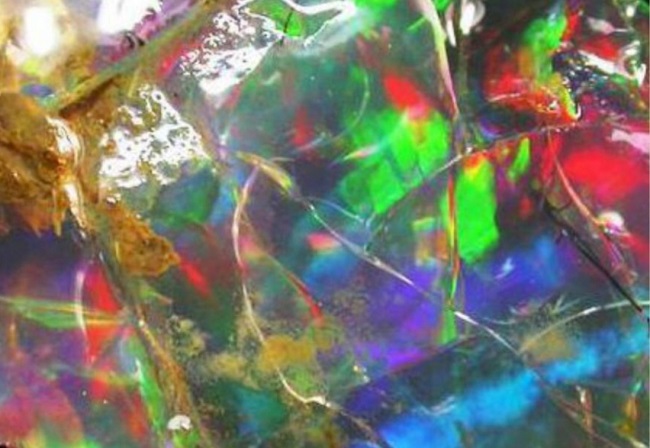

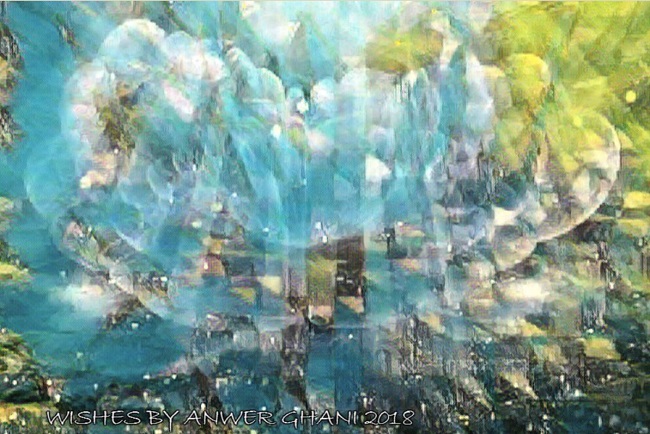
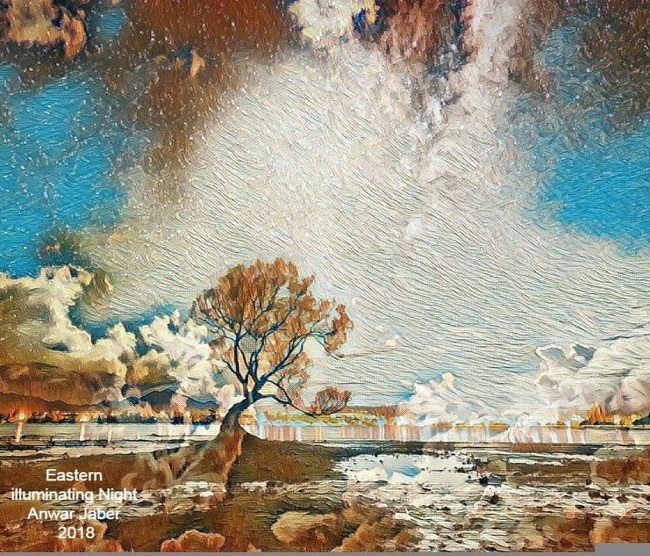



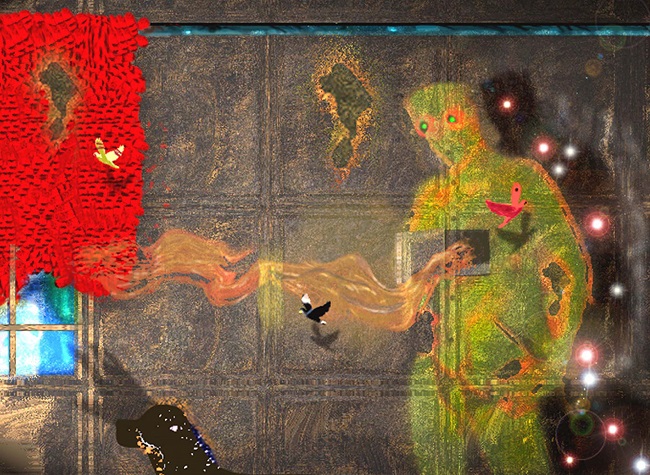
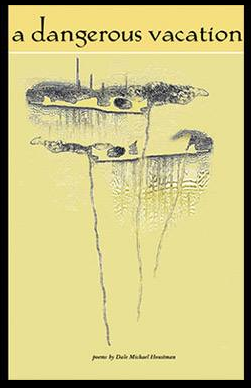
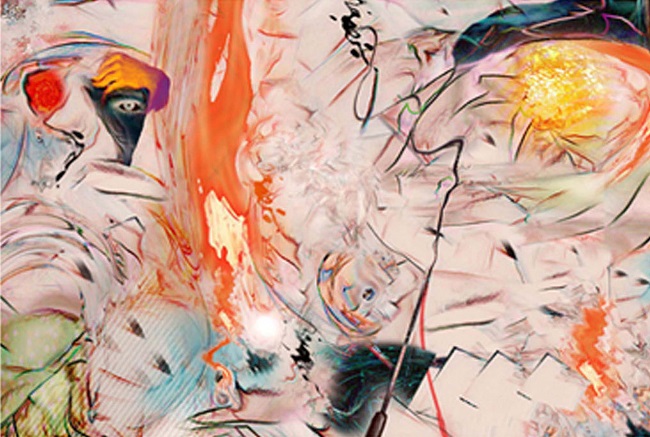
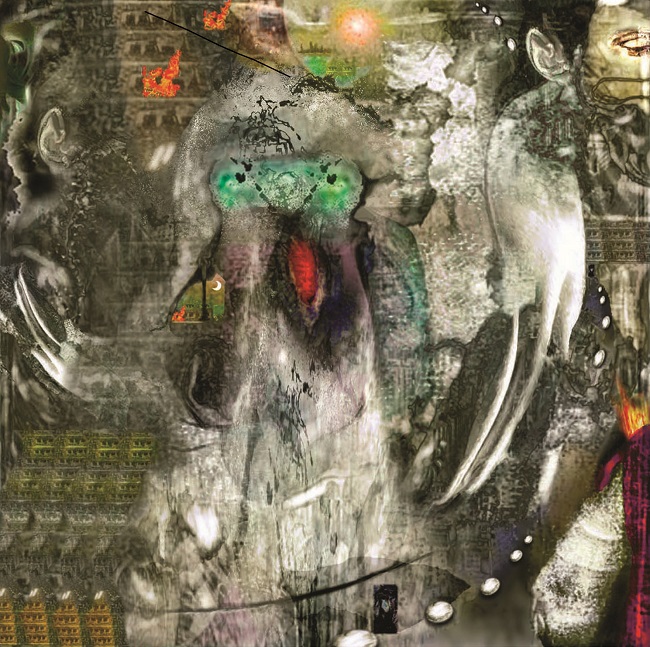
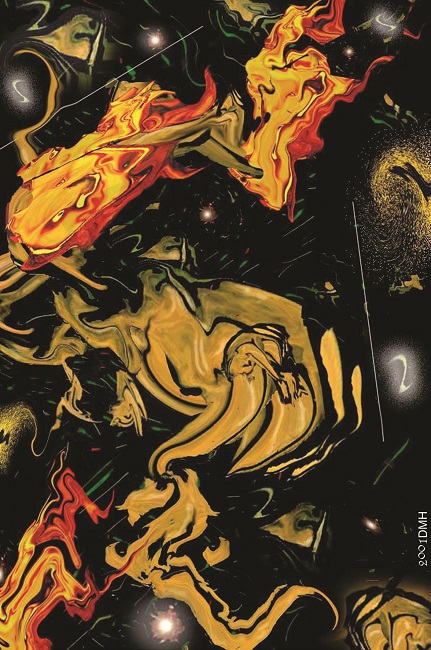
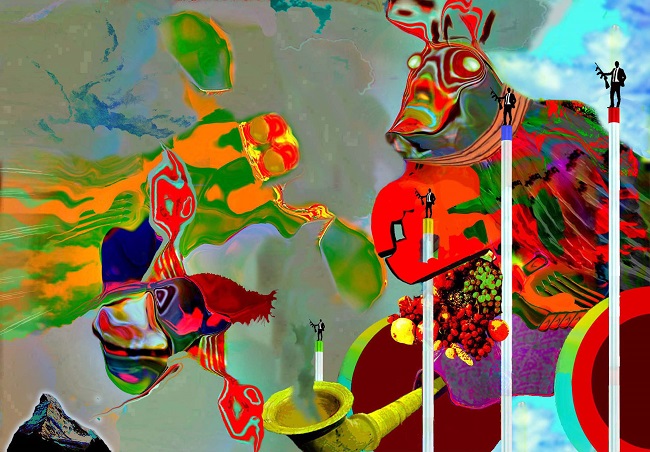
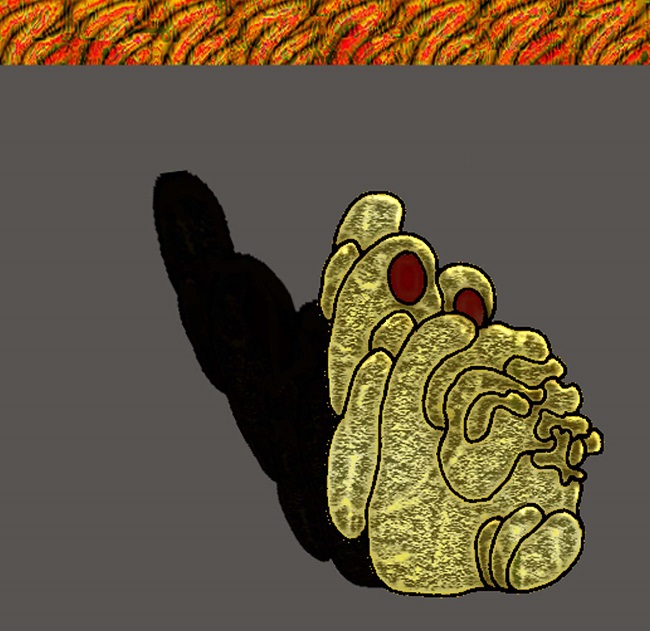


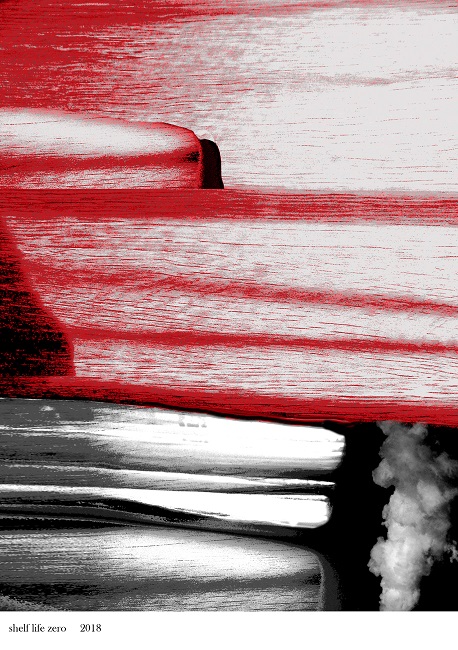
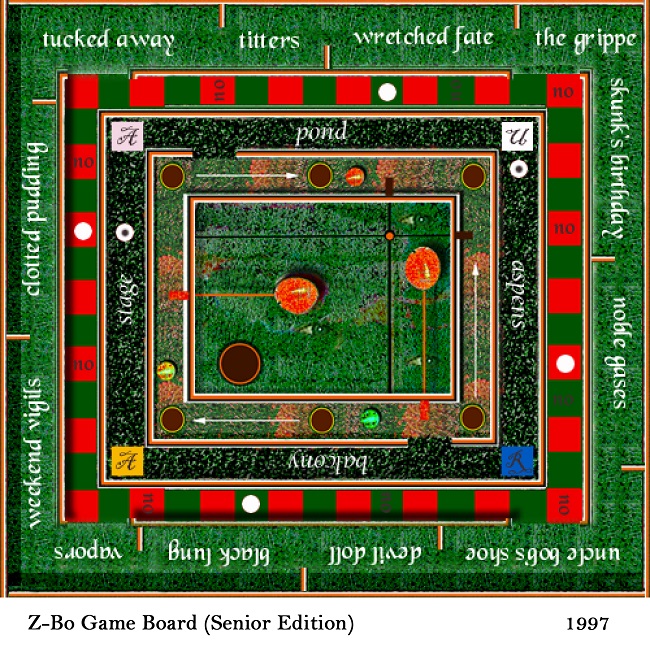
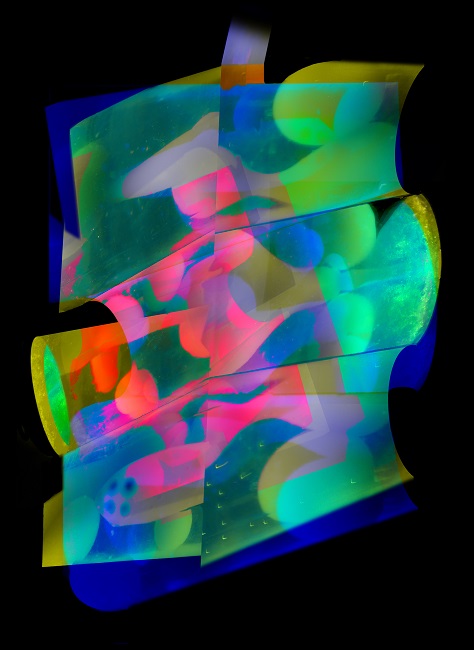
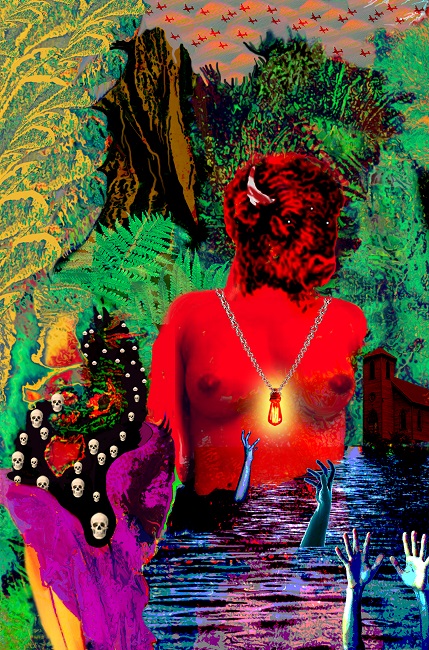
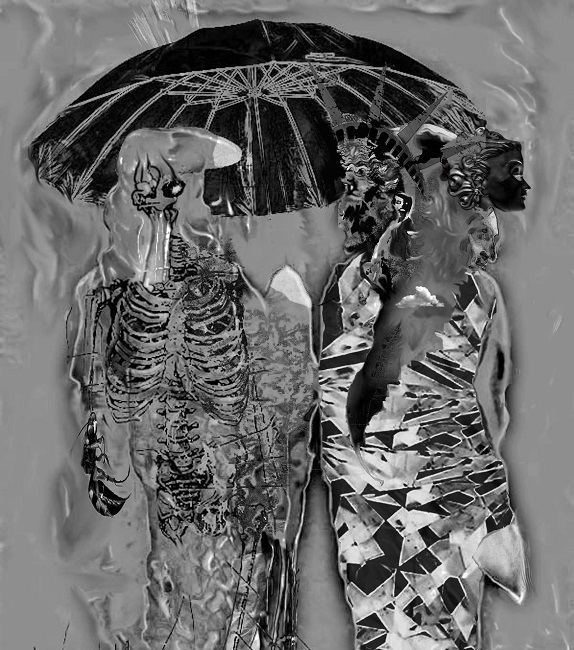
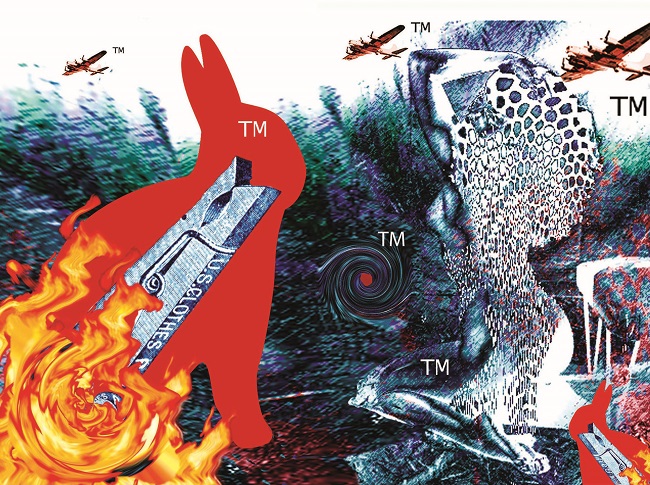
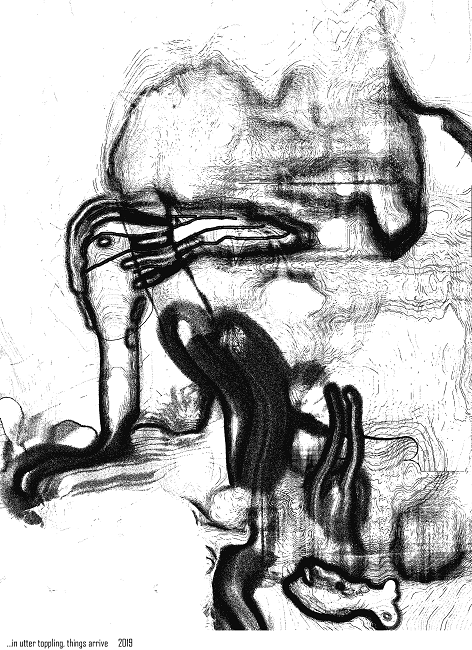
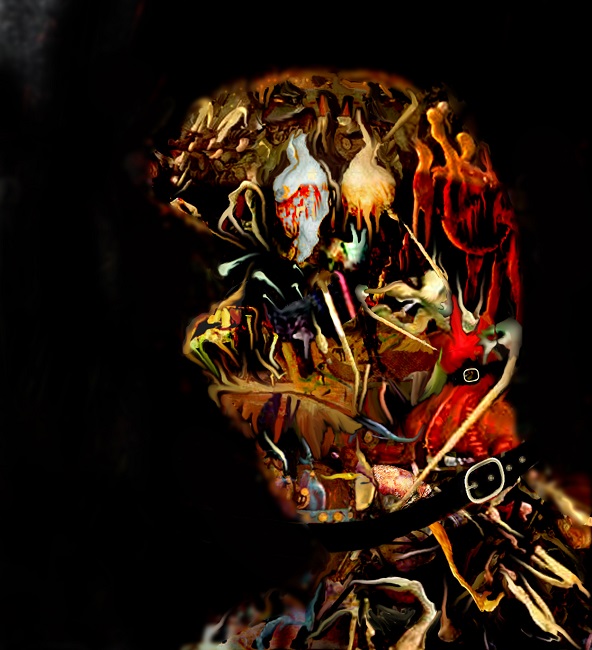
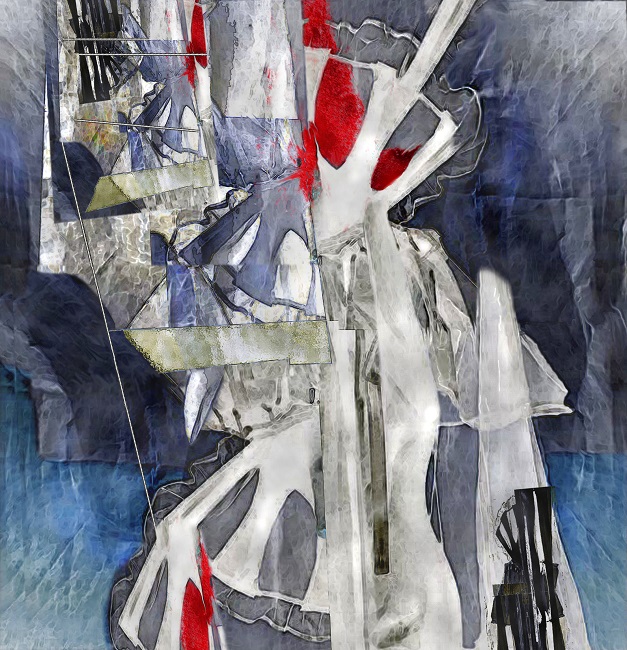
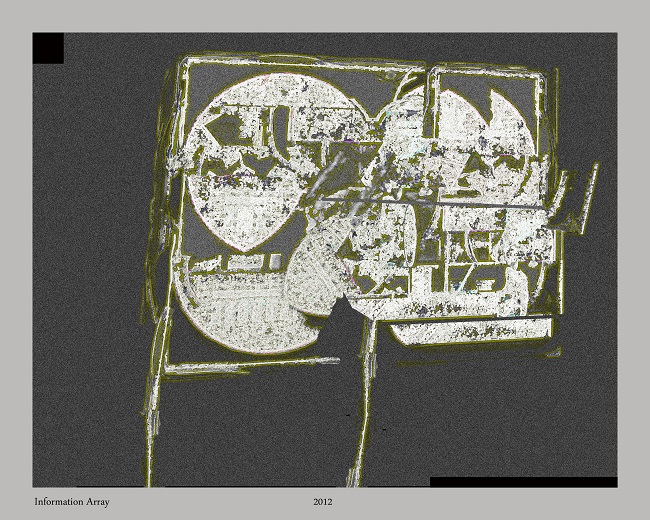
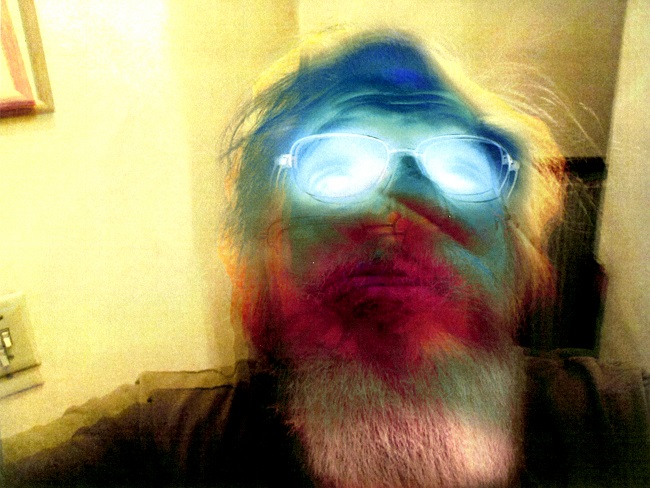
![3.10: sacrifice | short fiction [flash & excerpts from published fiction]–Sandra Arnold](https://diaphanouspress.com/wp-content/uploads/2019/10/SANDRA-BANNER-Family-Group.jpg)
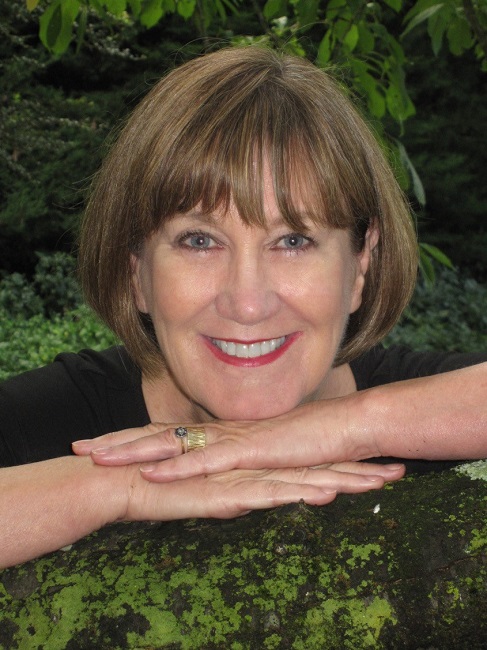
![3.8: ghosts & spectral images–poetry & poetics [interview] by Carolyn Gregory](https://diaphanouspress.com/wp-content/uploads/2019/09/carolyn-TRAVELLERS-AIRSHIP-BY-PRIYESHA-NAIR.jpg)
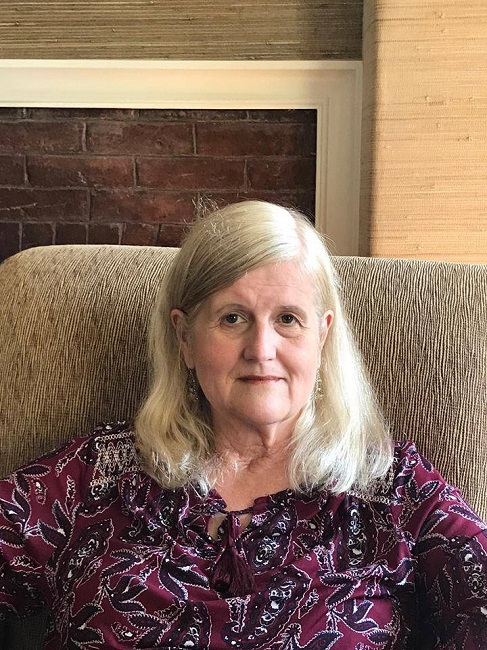
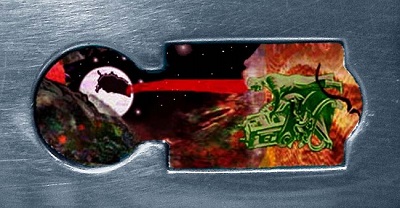
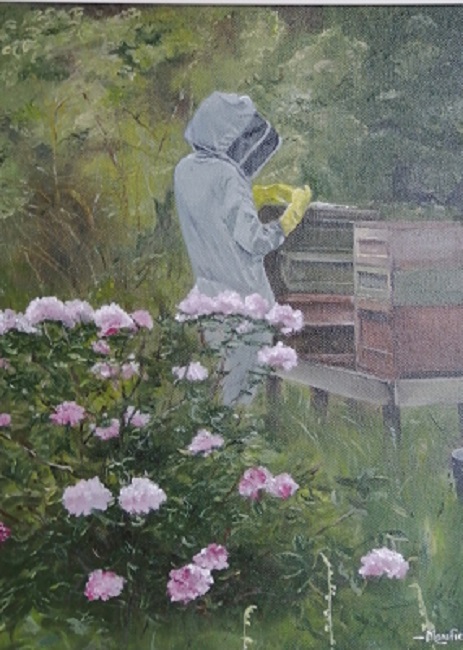

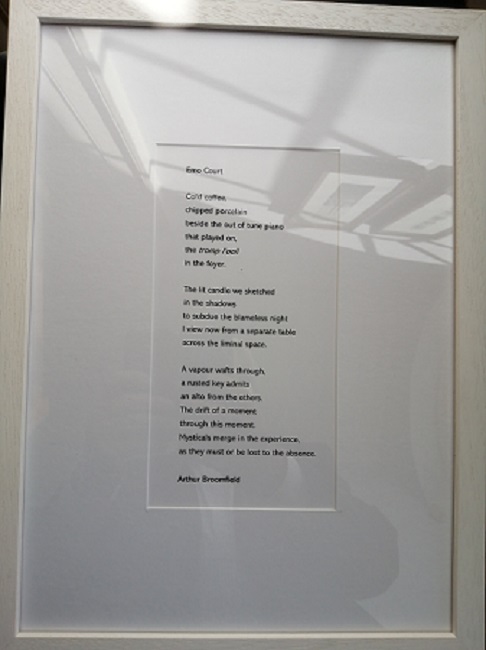

![3.6: where what hovers is possibility | Rebecca Olander & Elizabeth Paul — mixed-media collage/poetry collaborations]](https://diaphanouspress.com/wp-content/uploads/2019/08/BANNER-where-what-hovers-is-possibility-REBECCA-LIZ.jpg)
